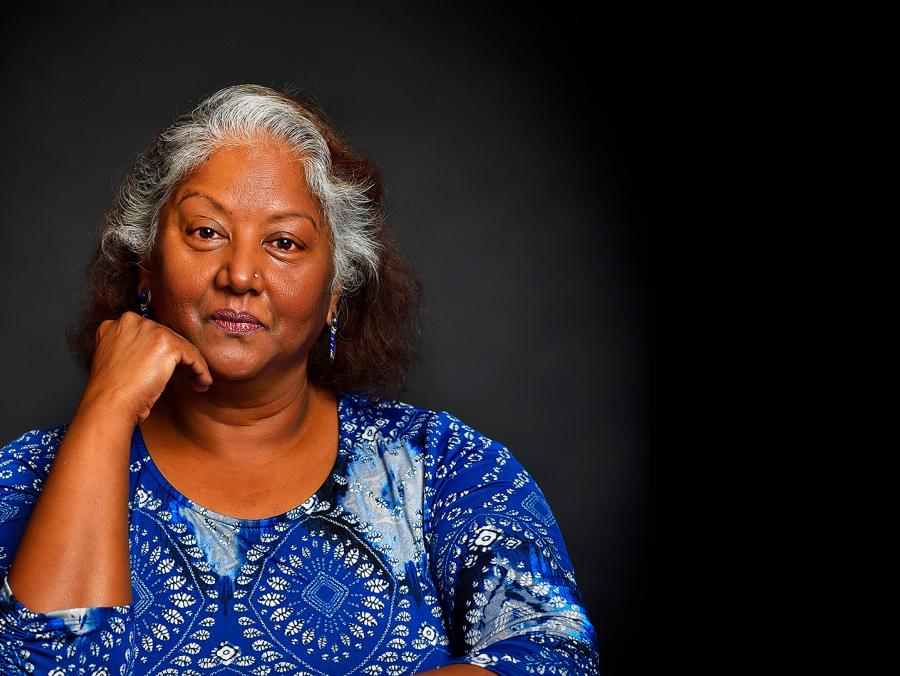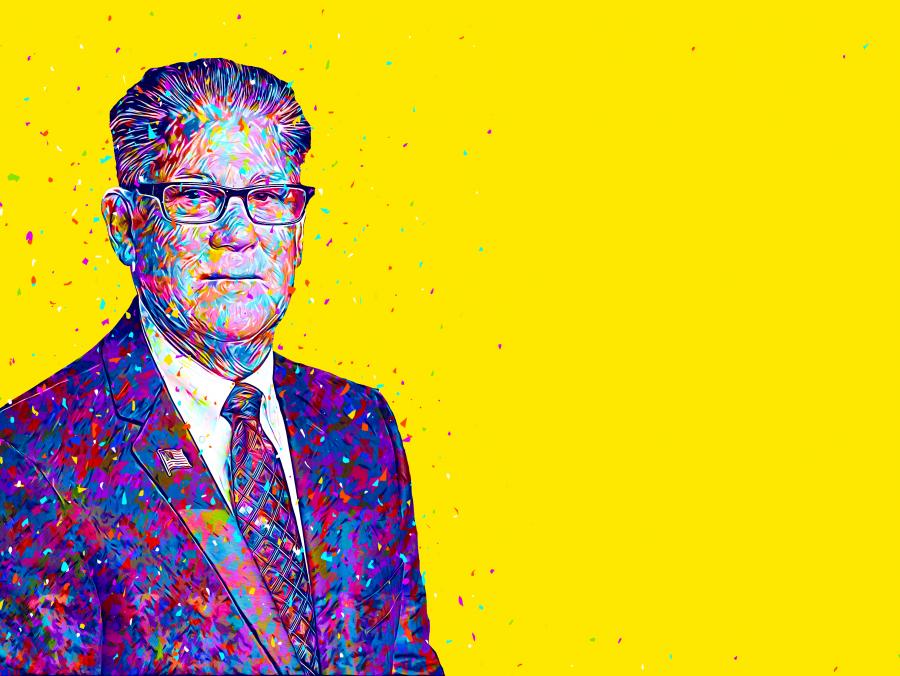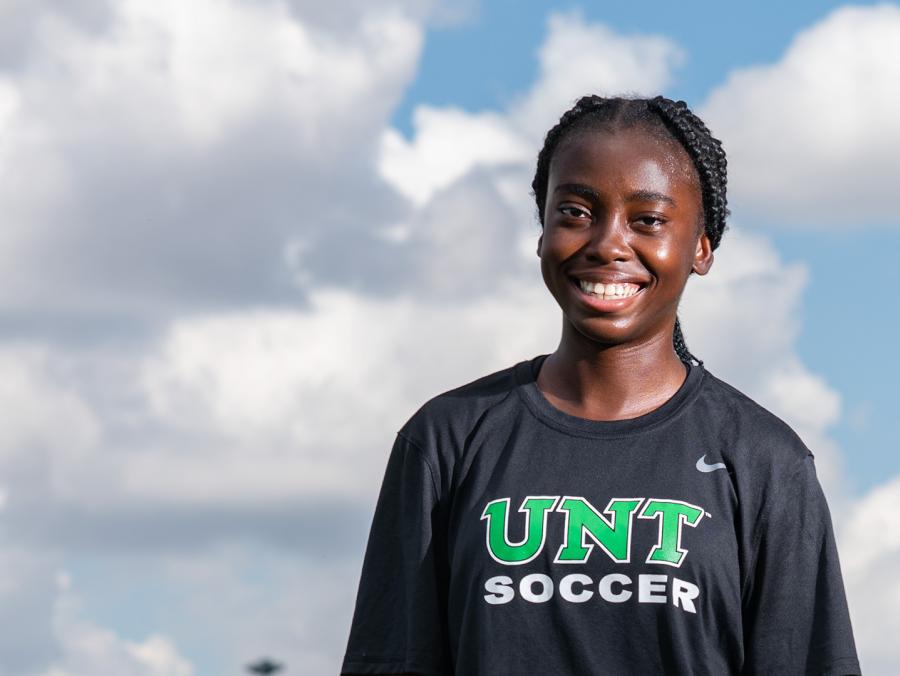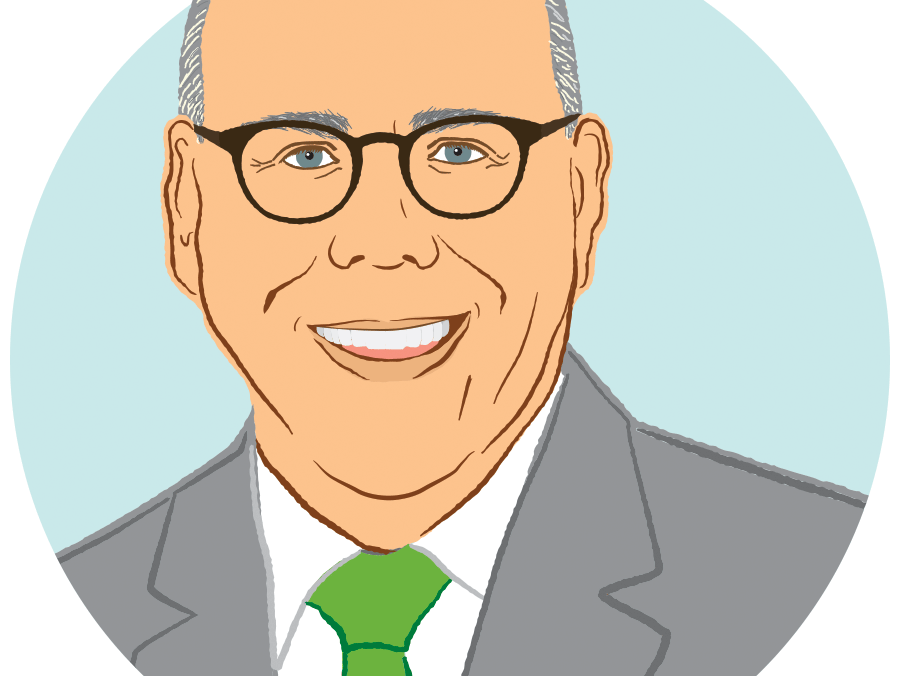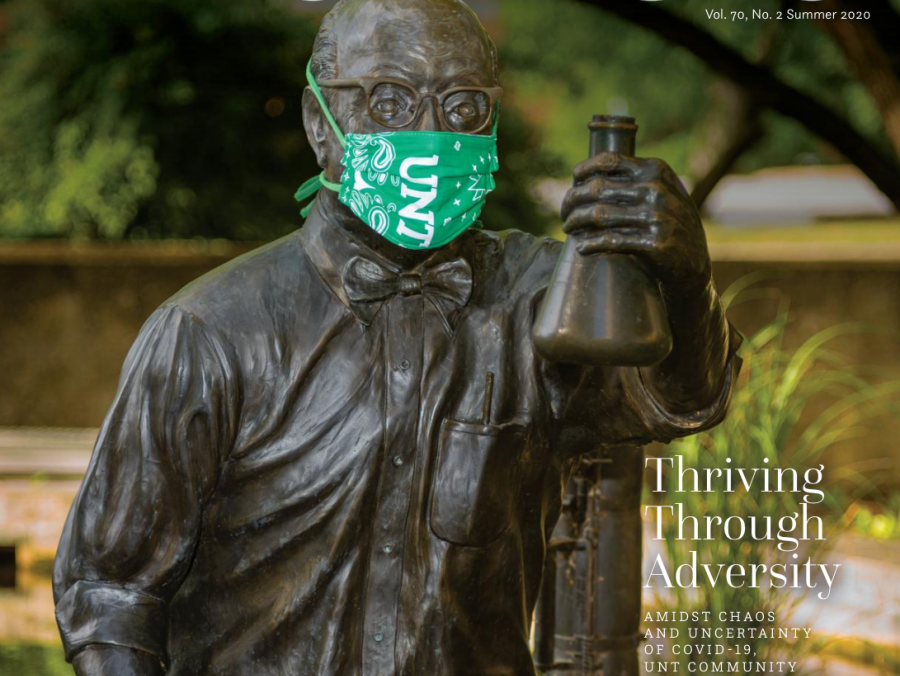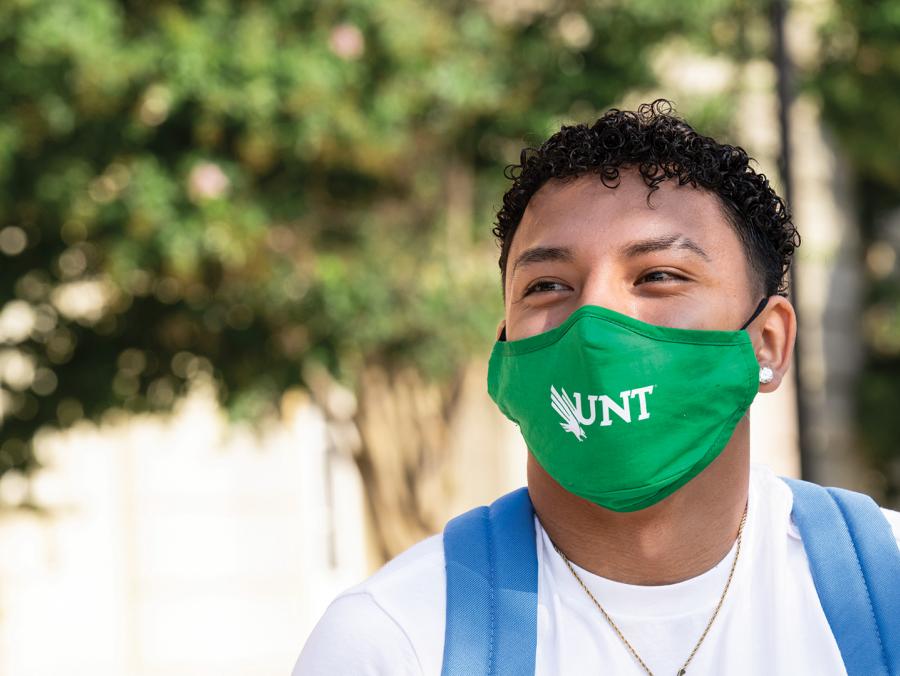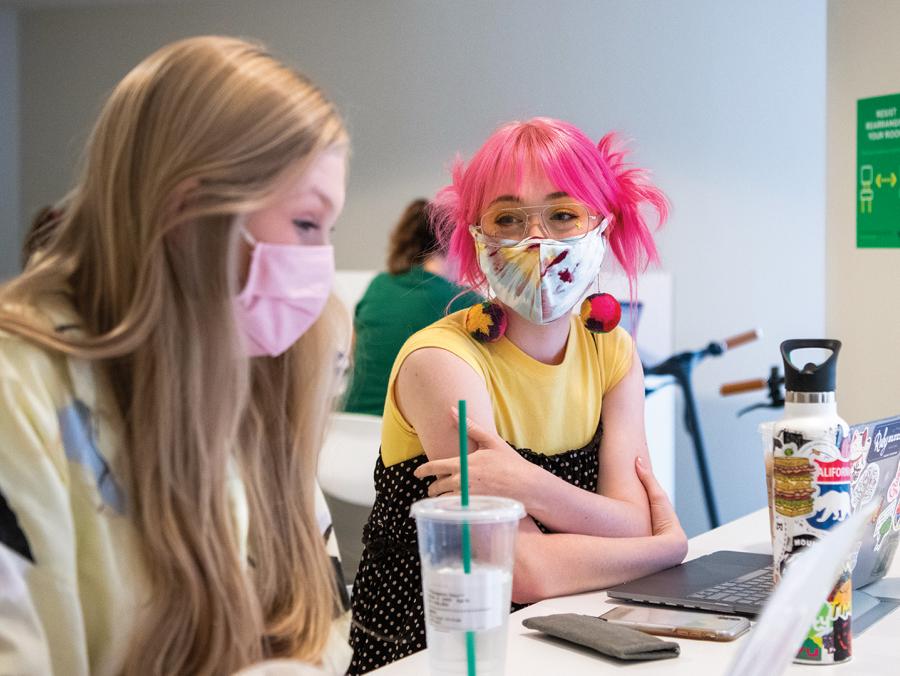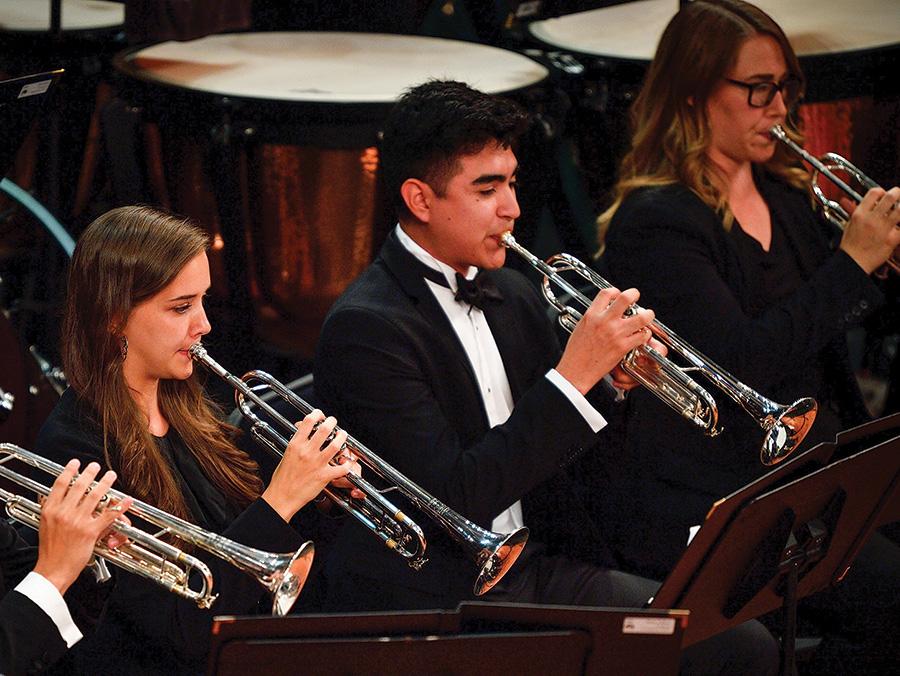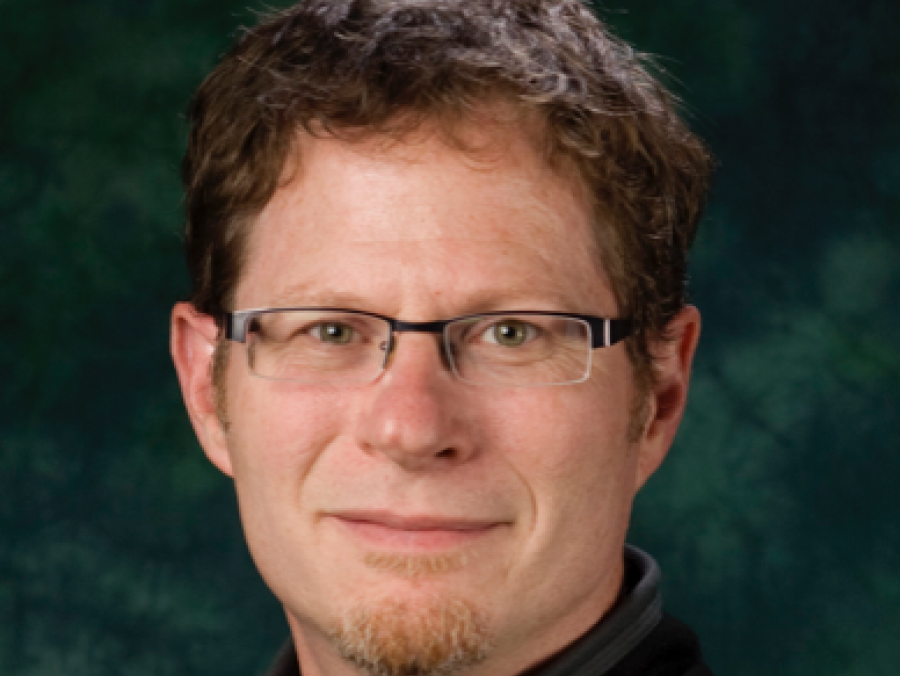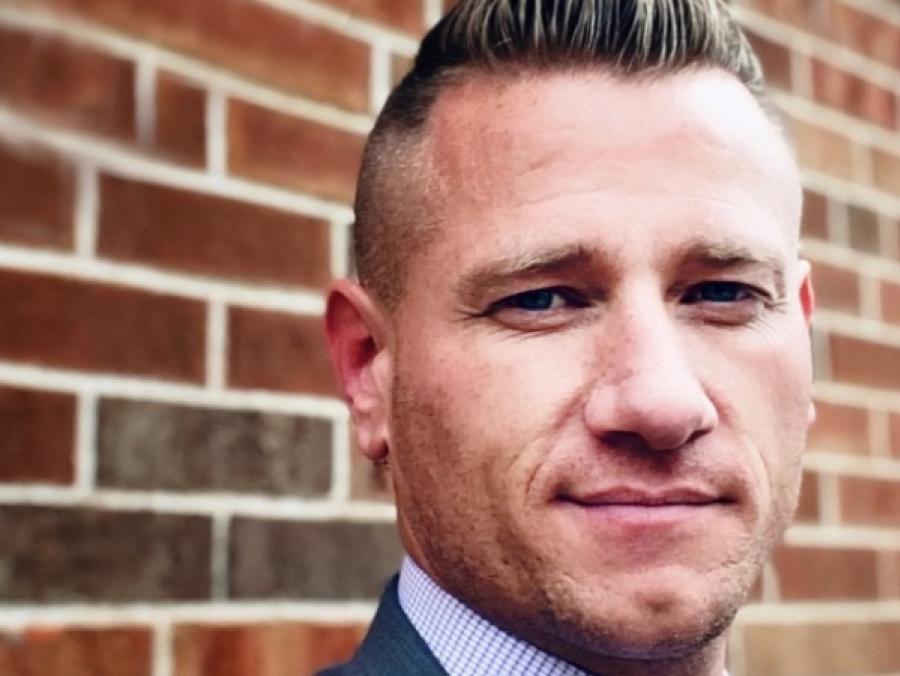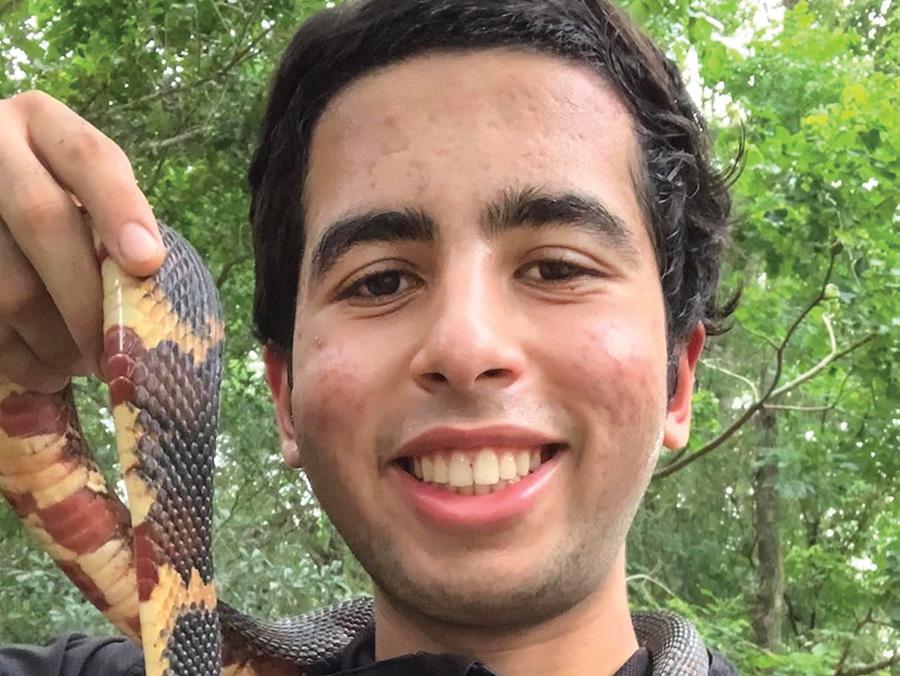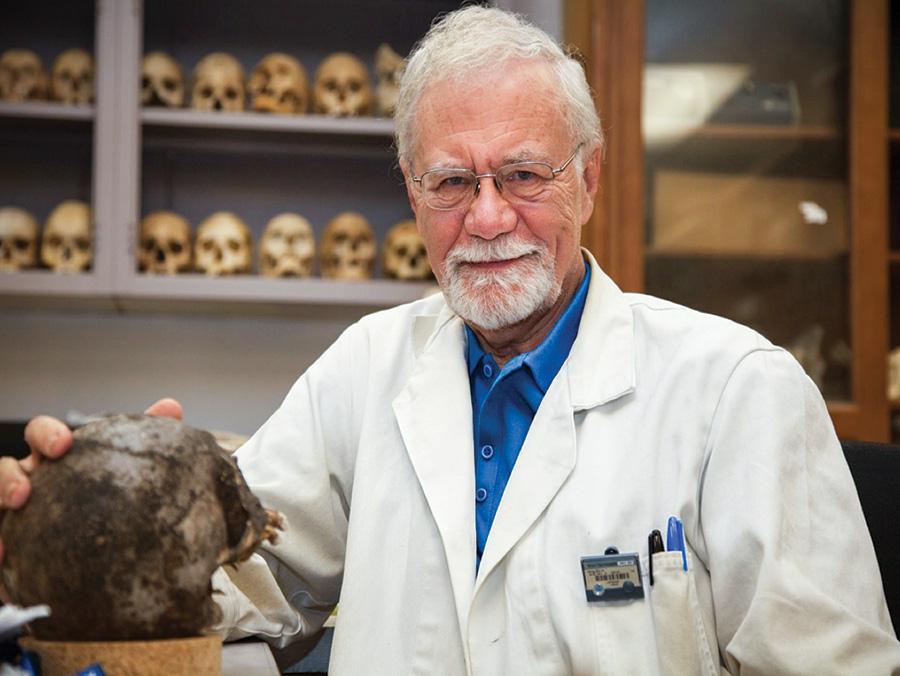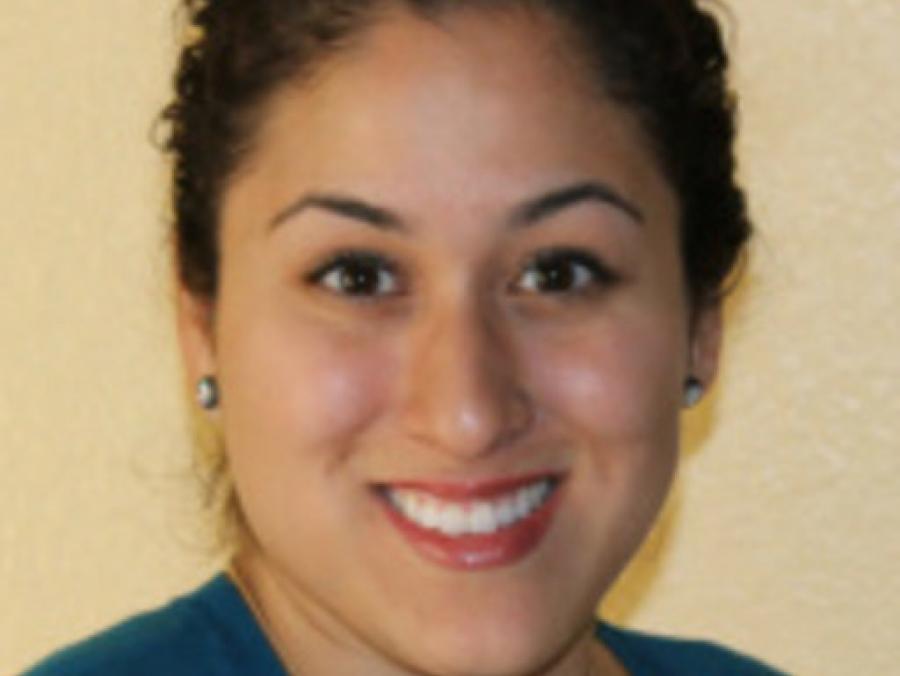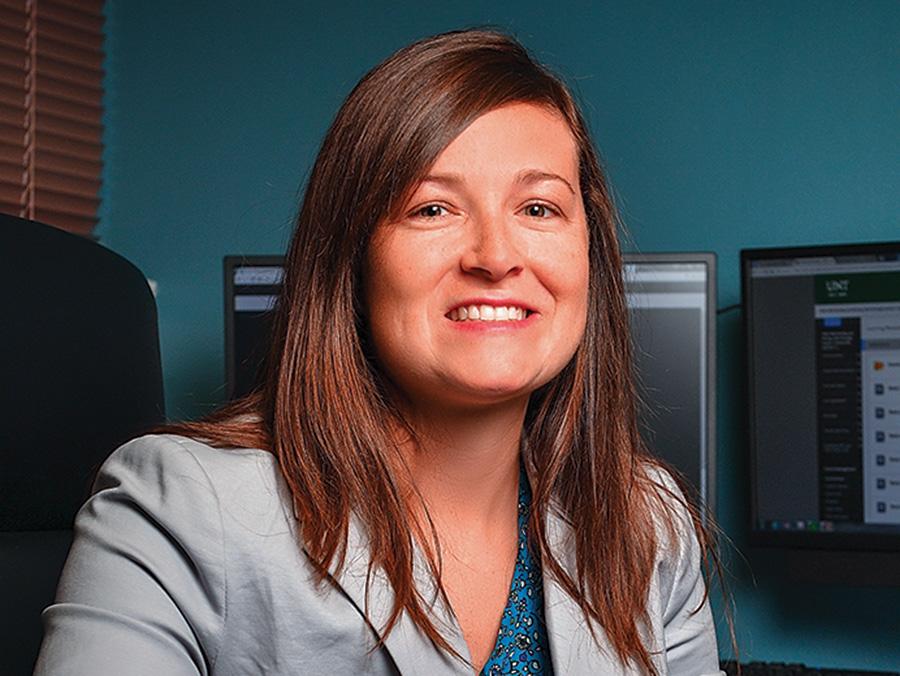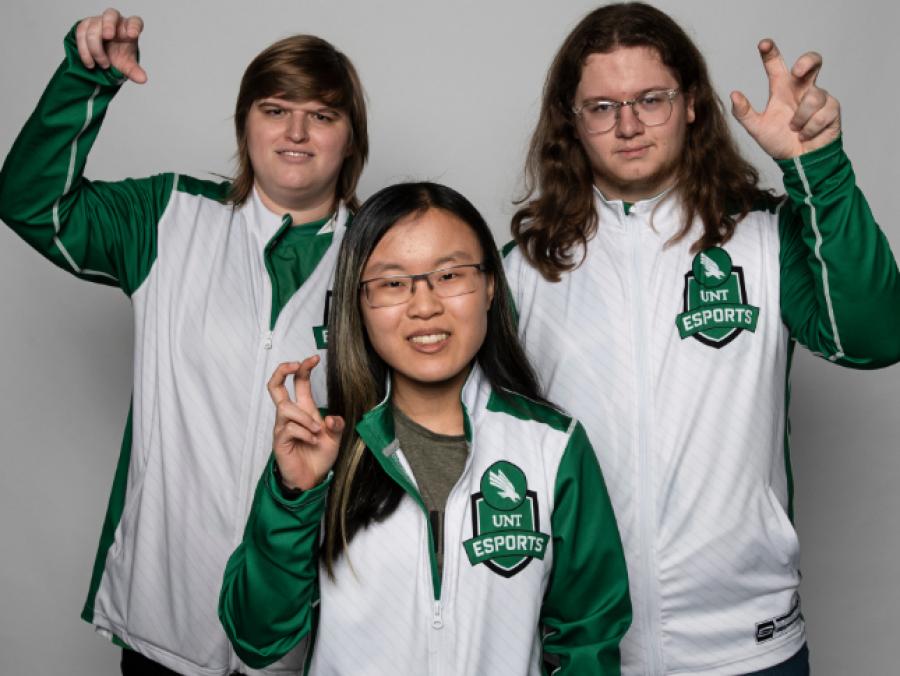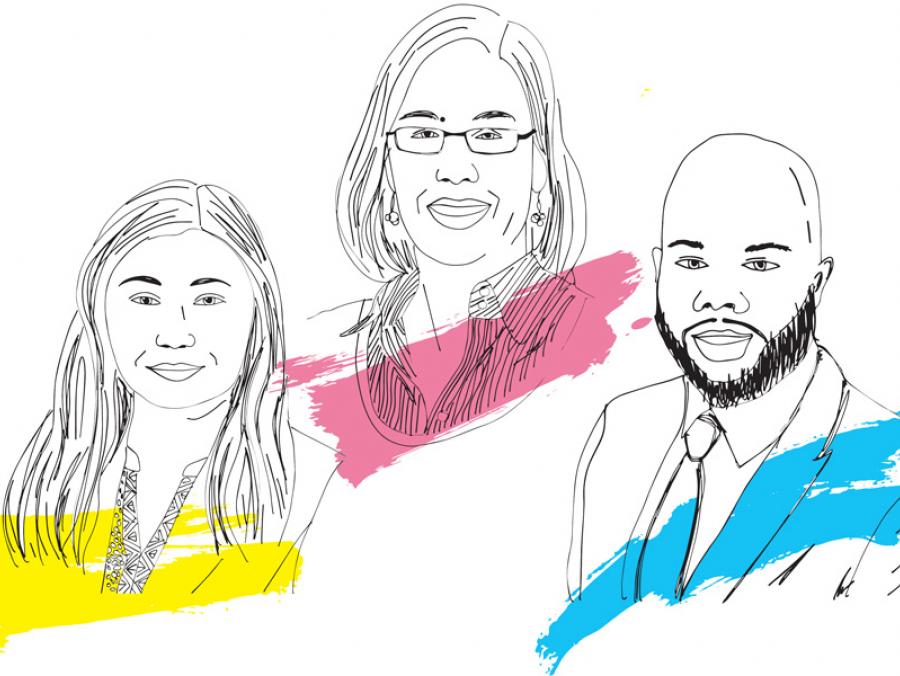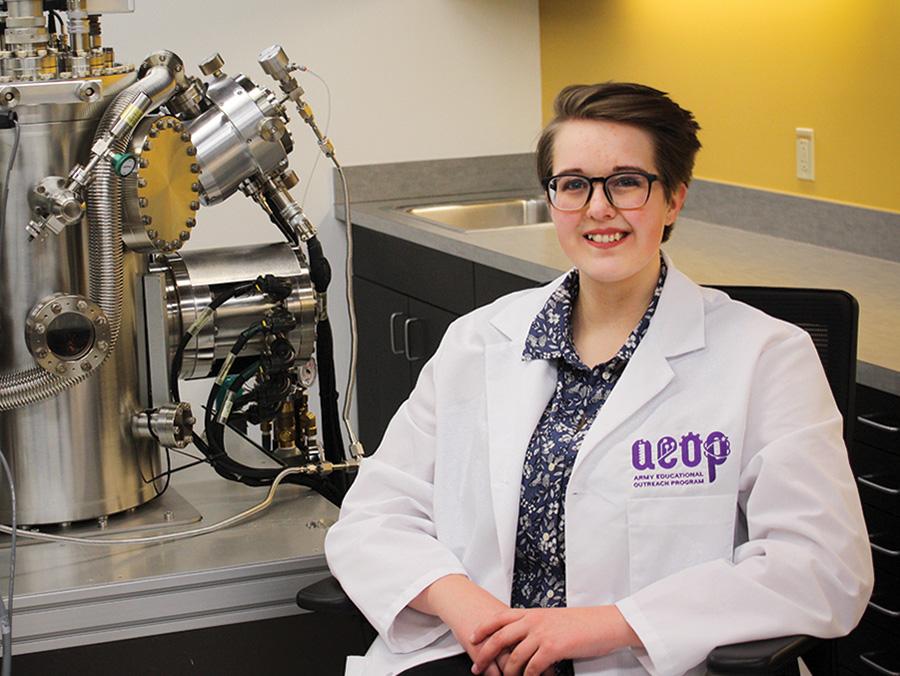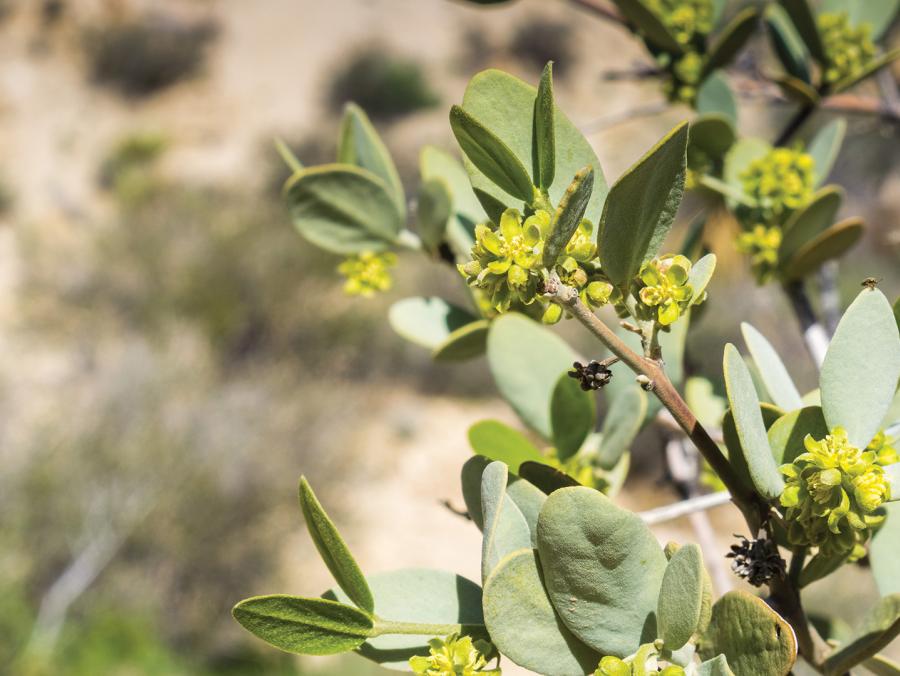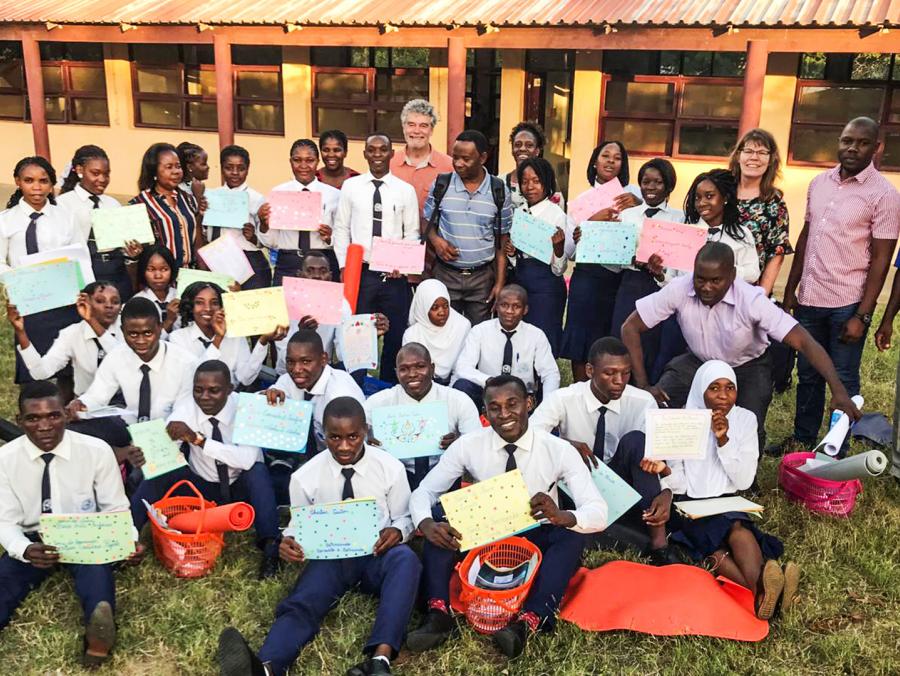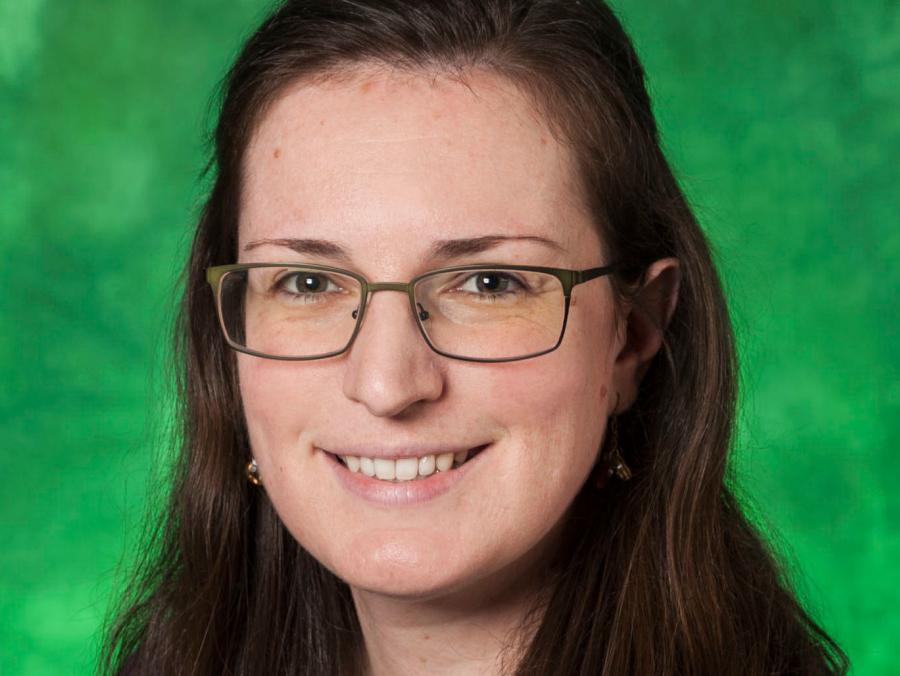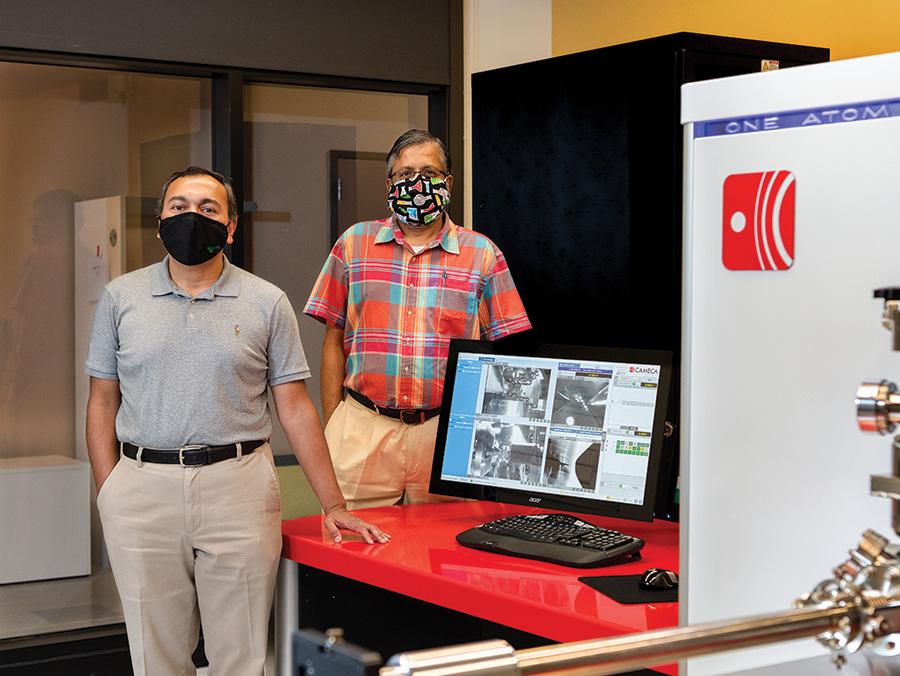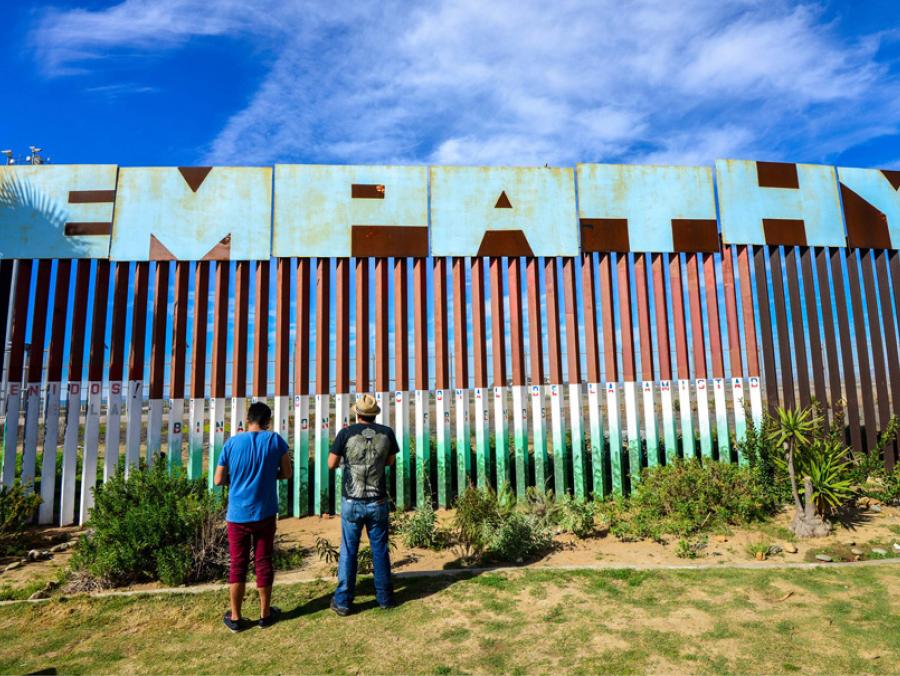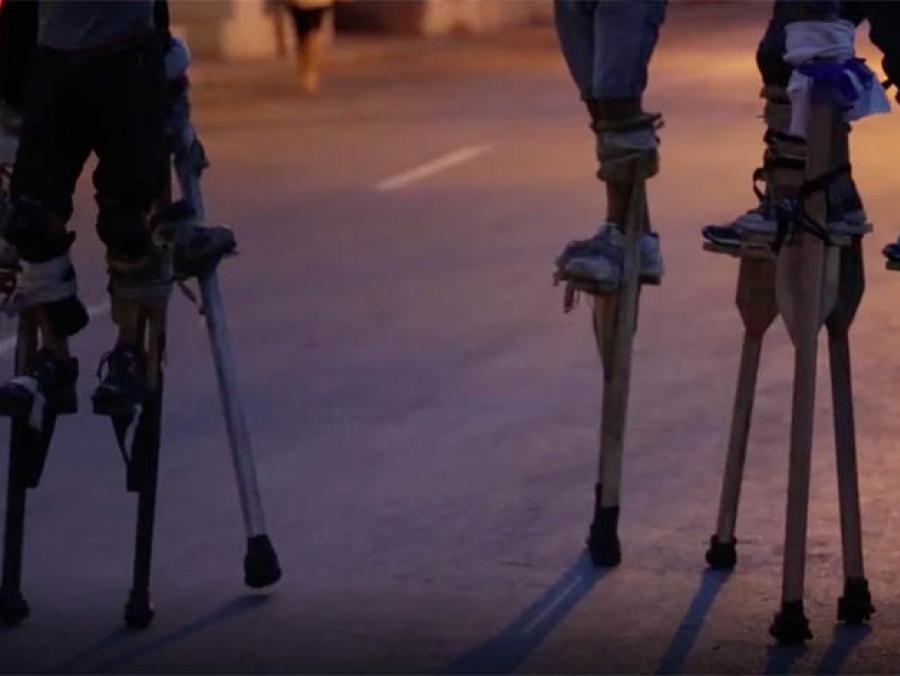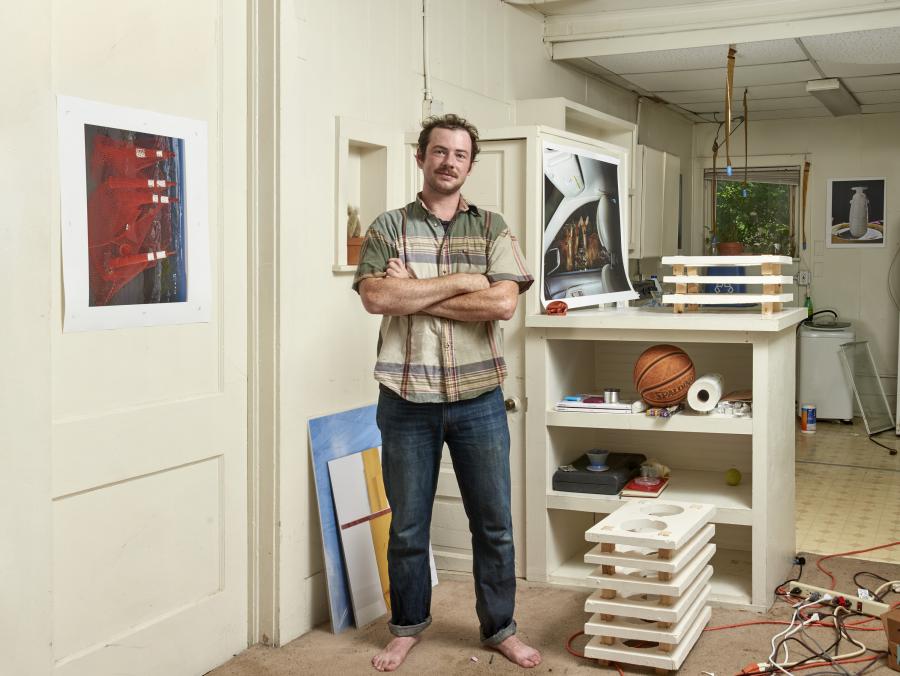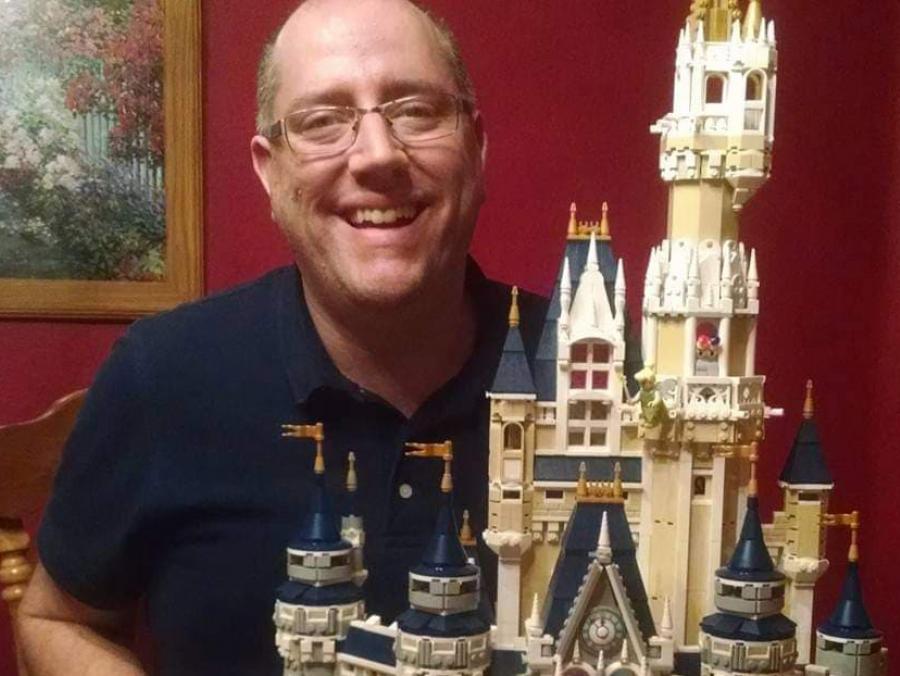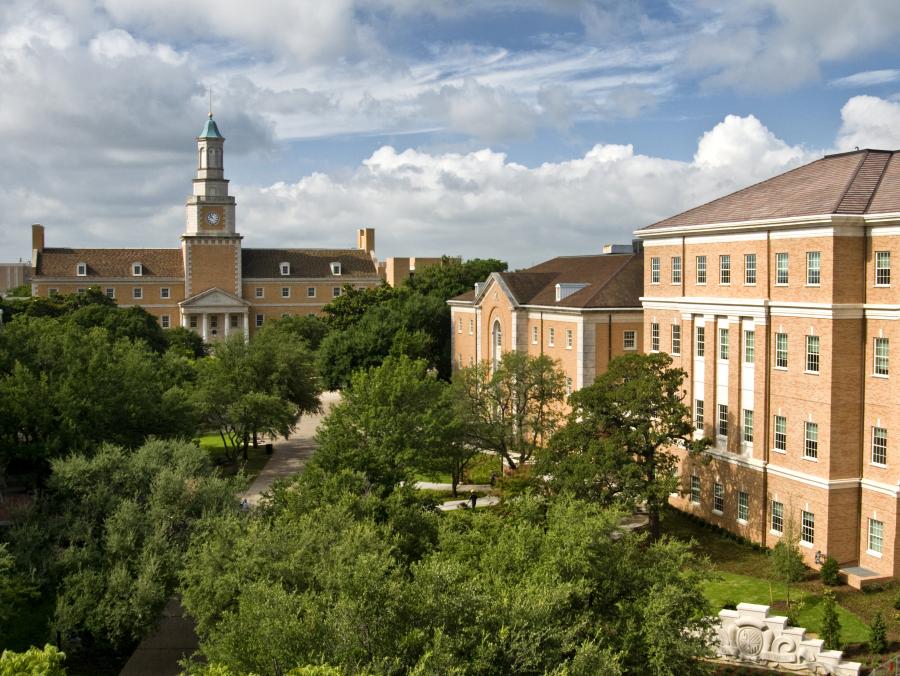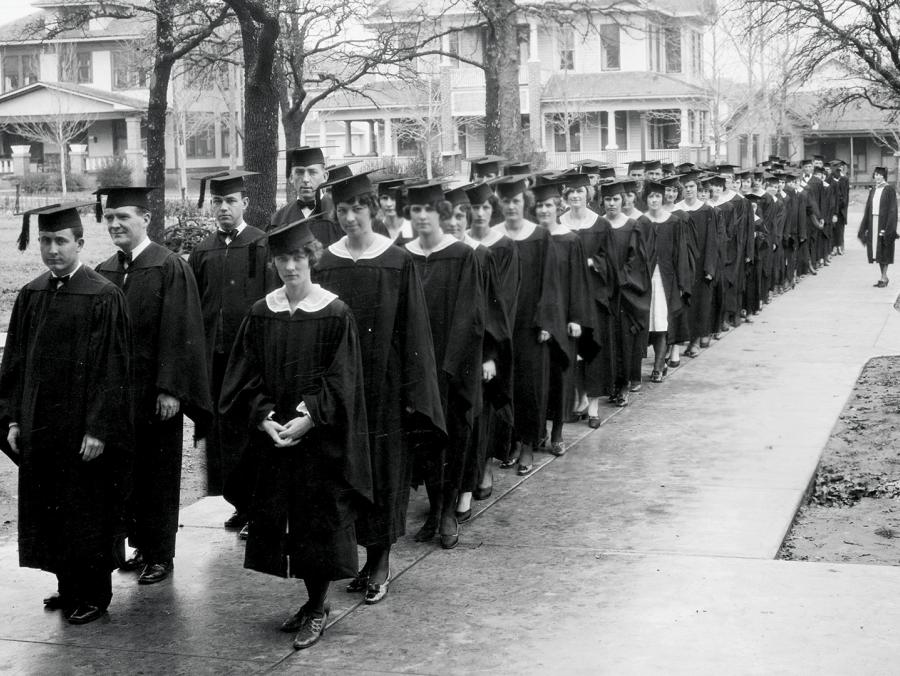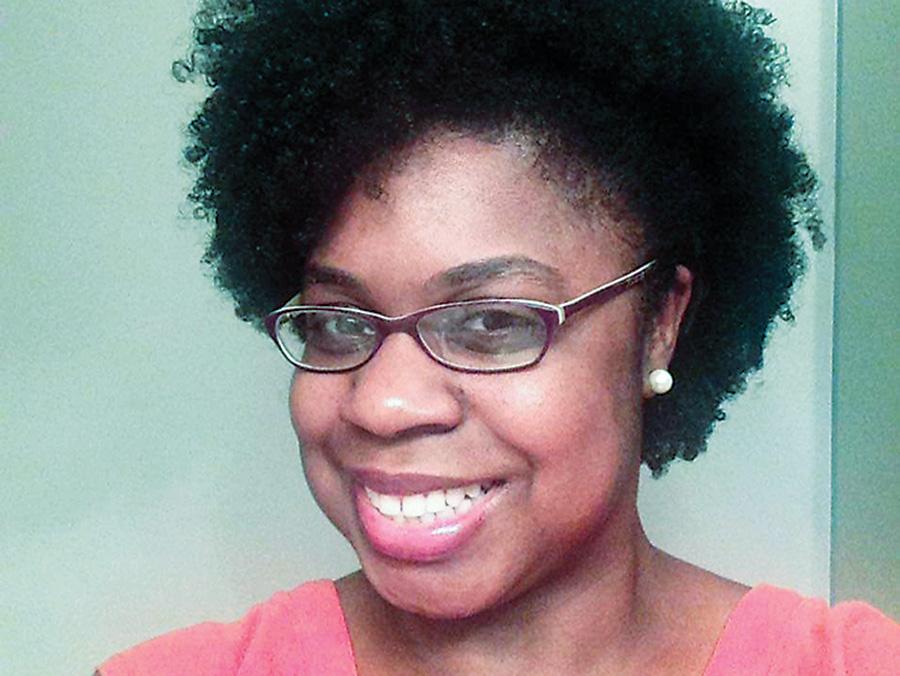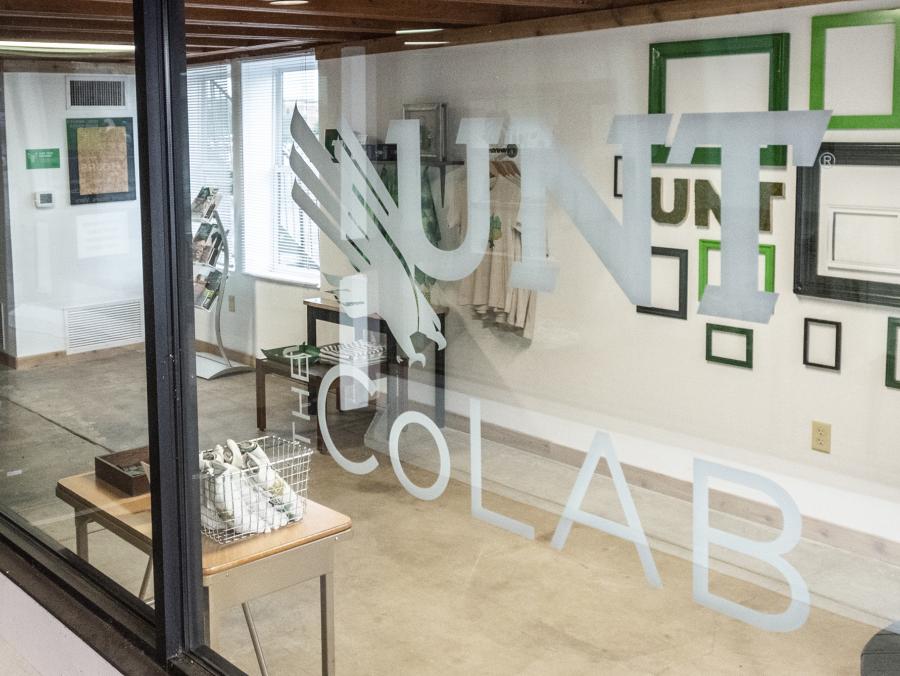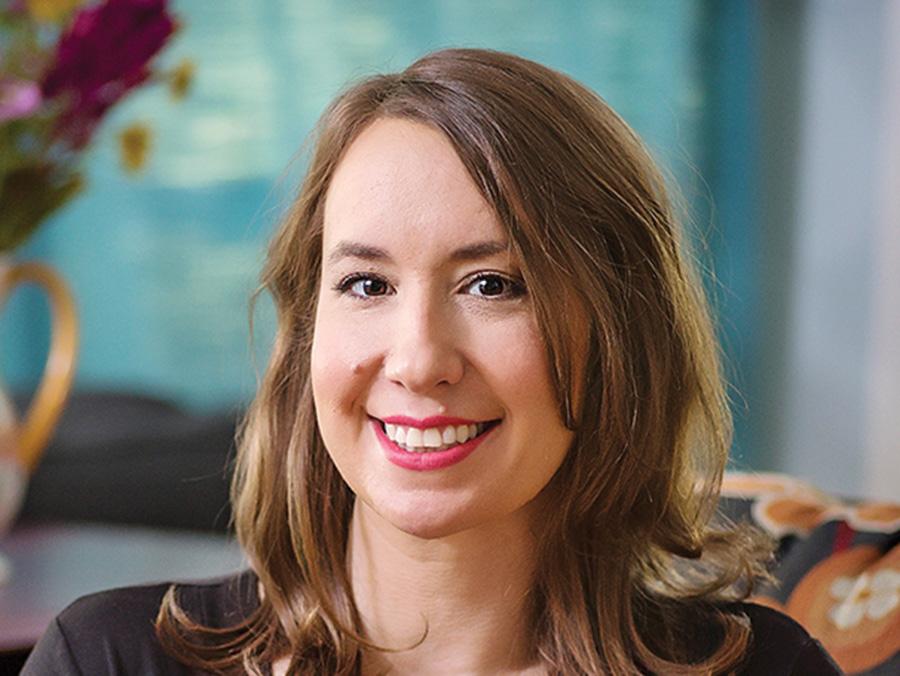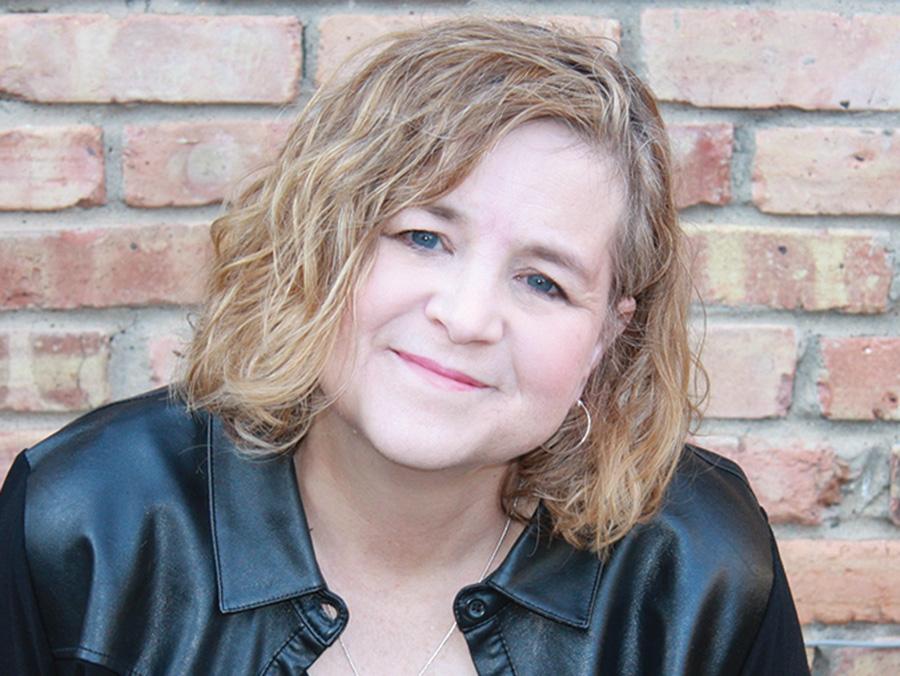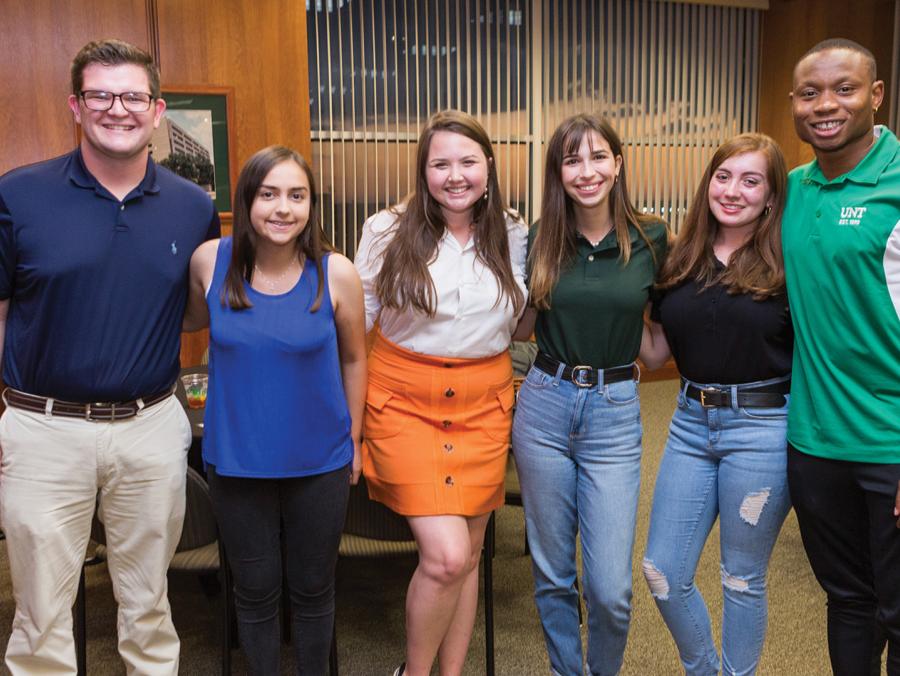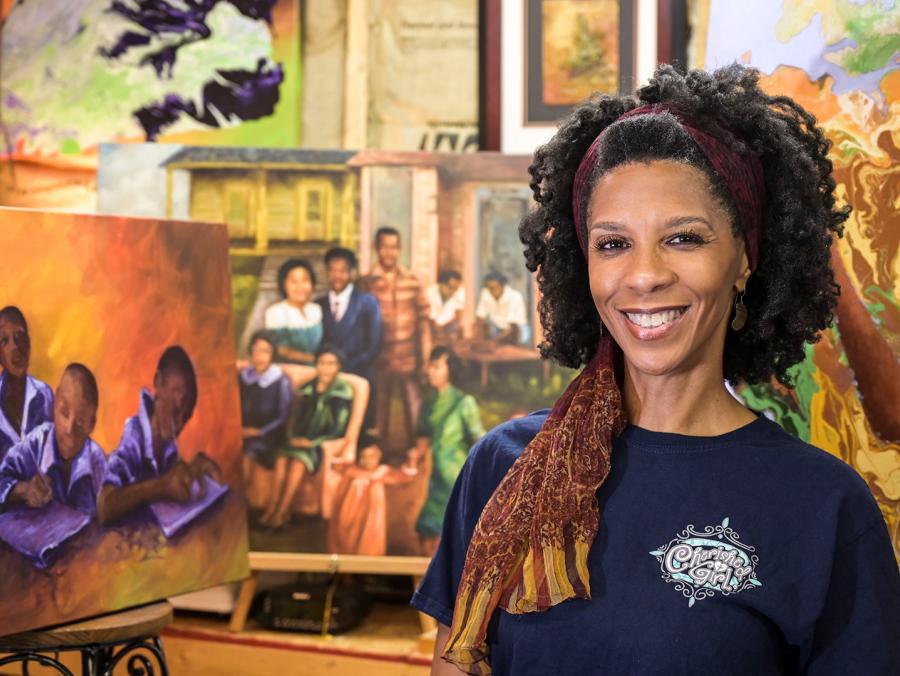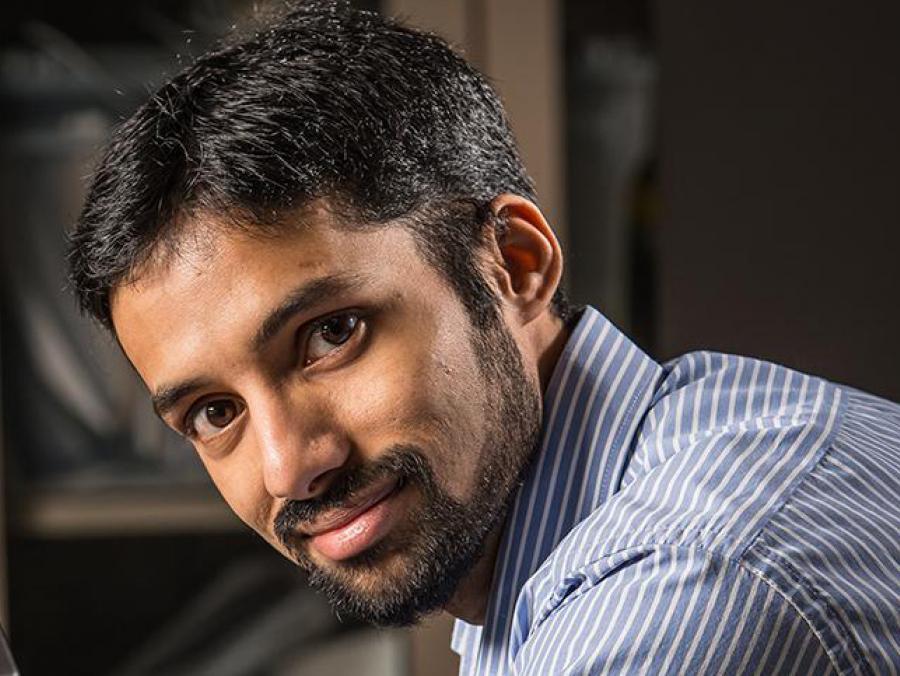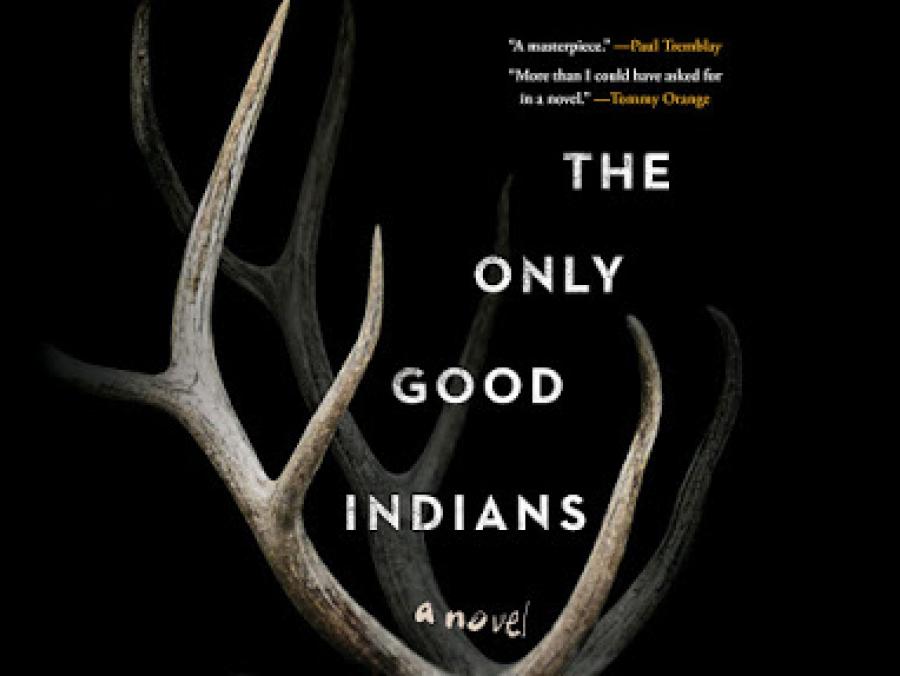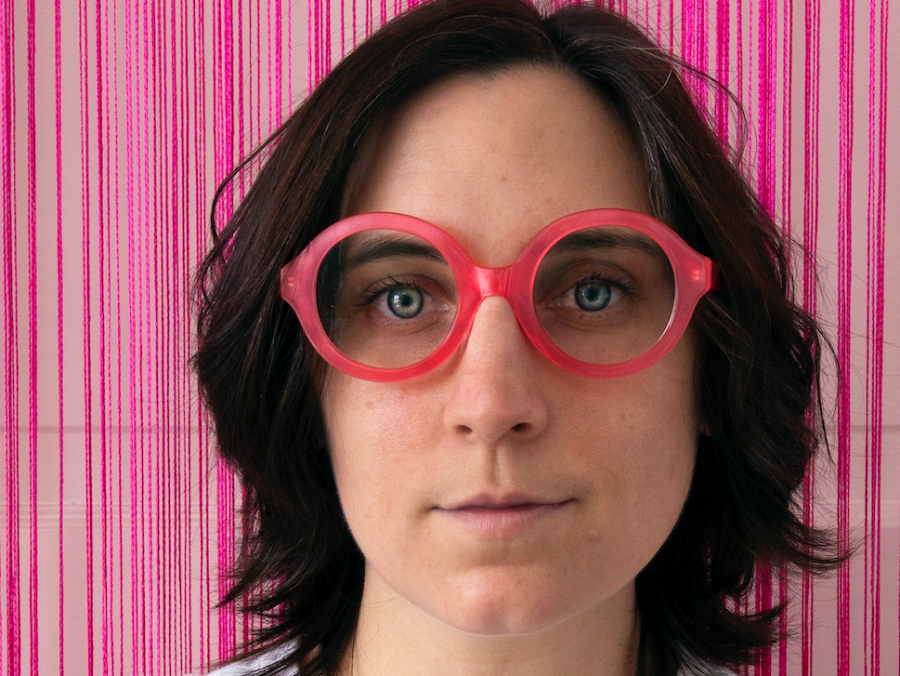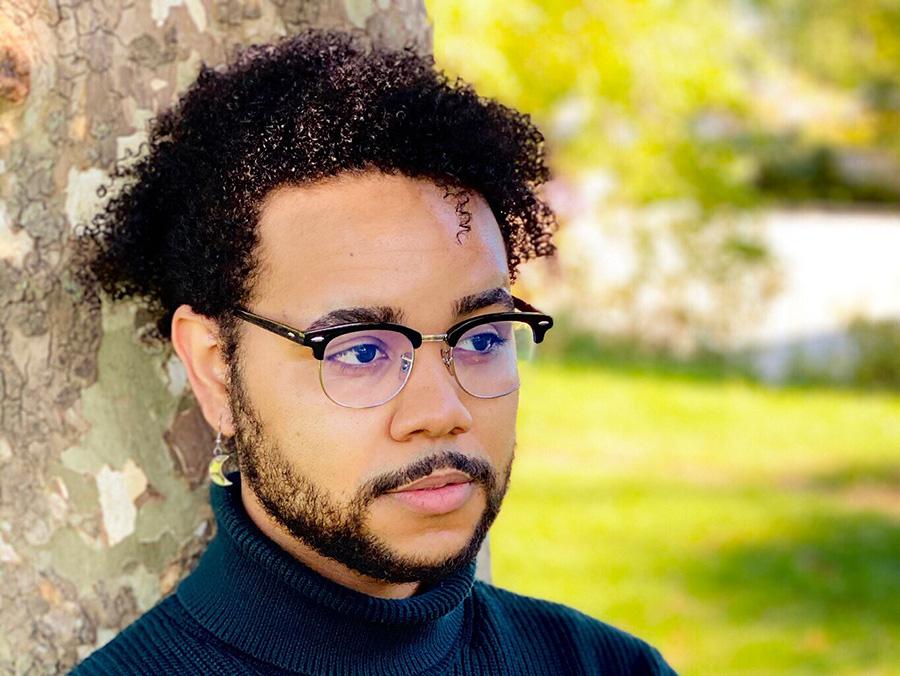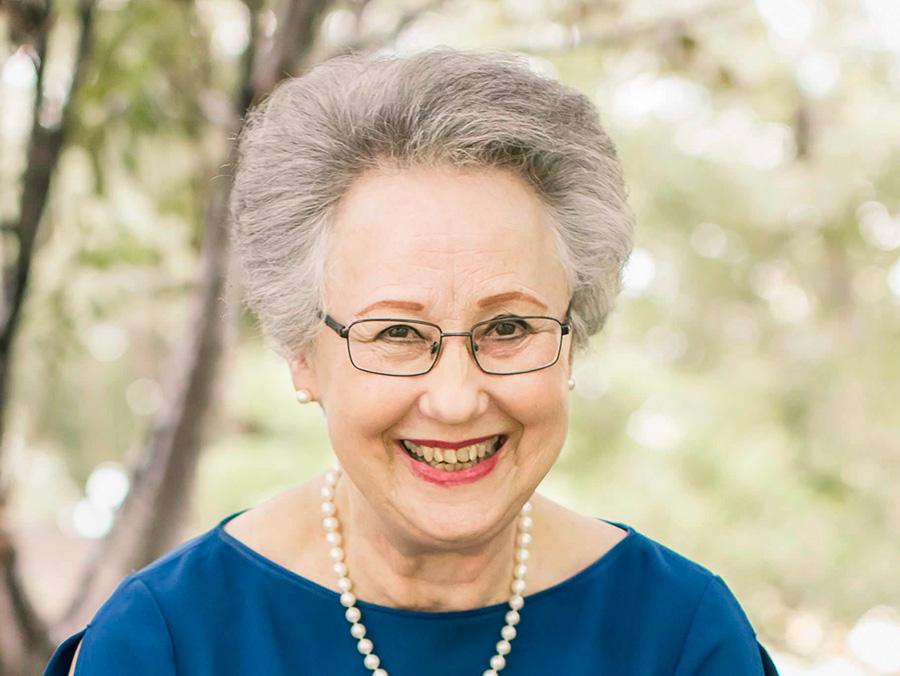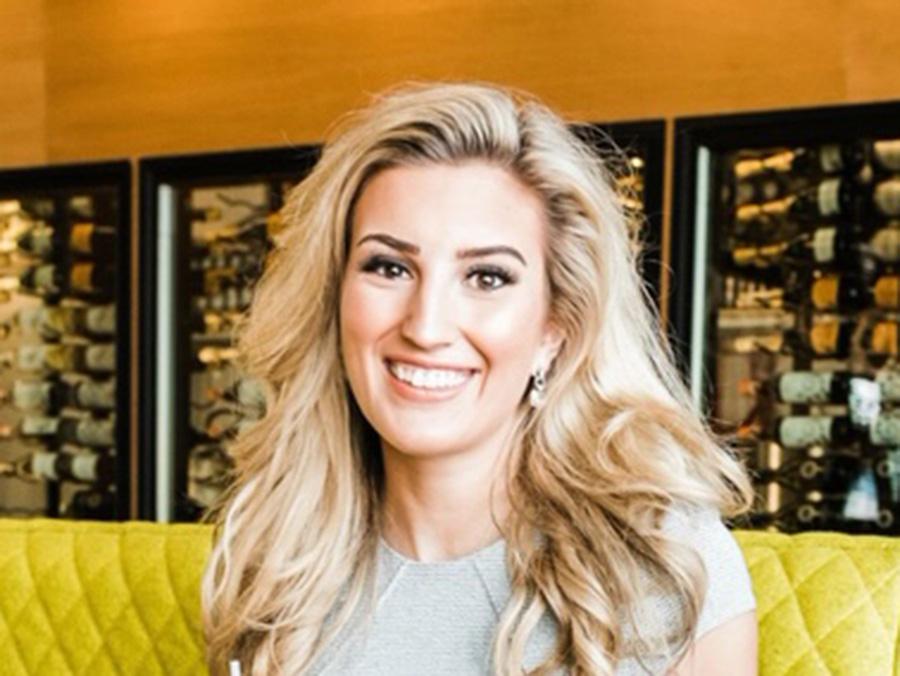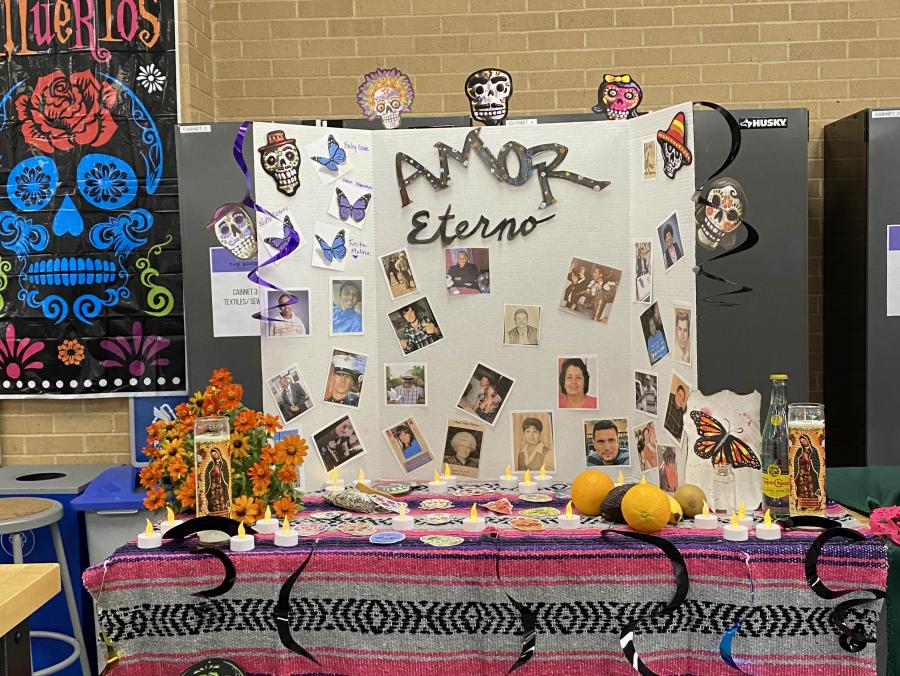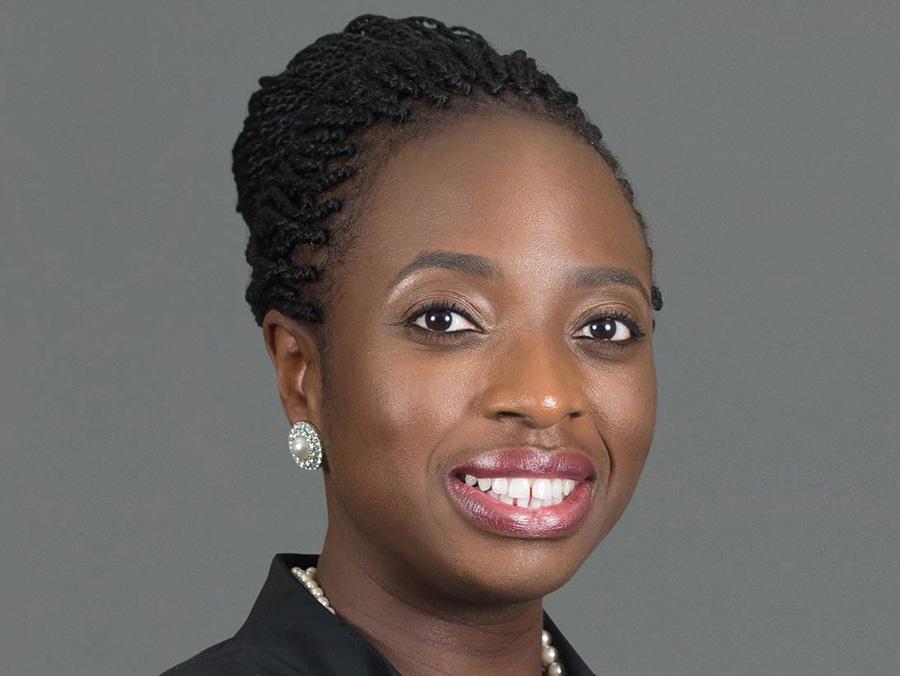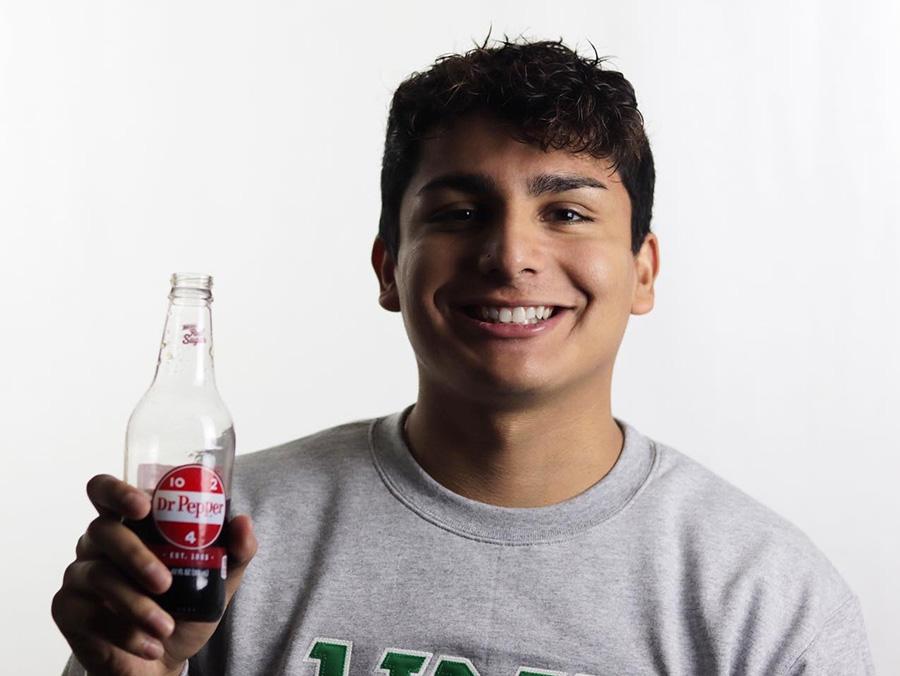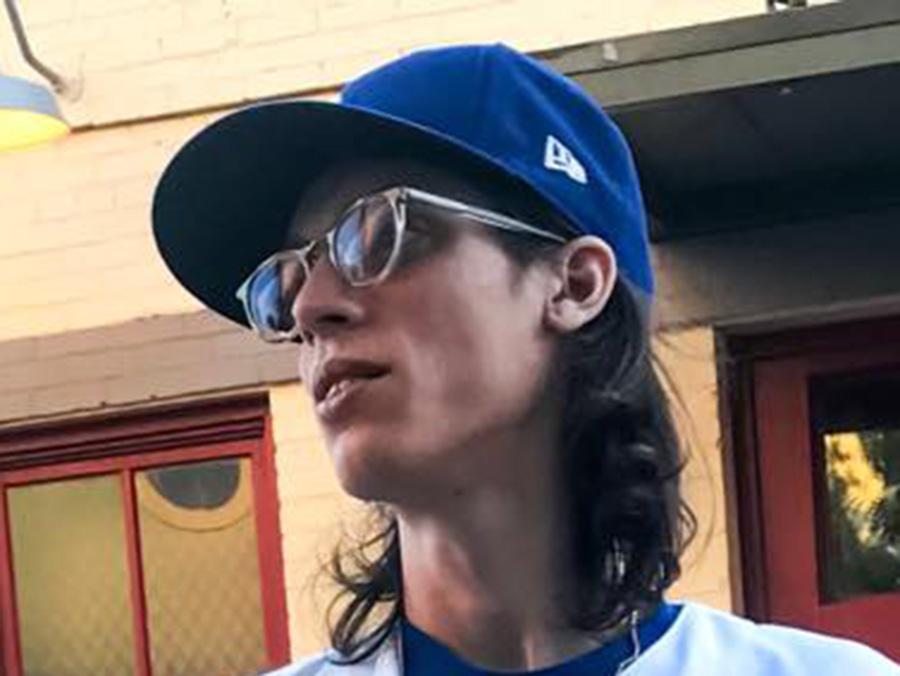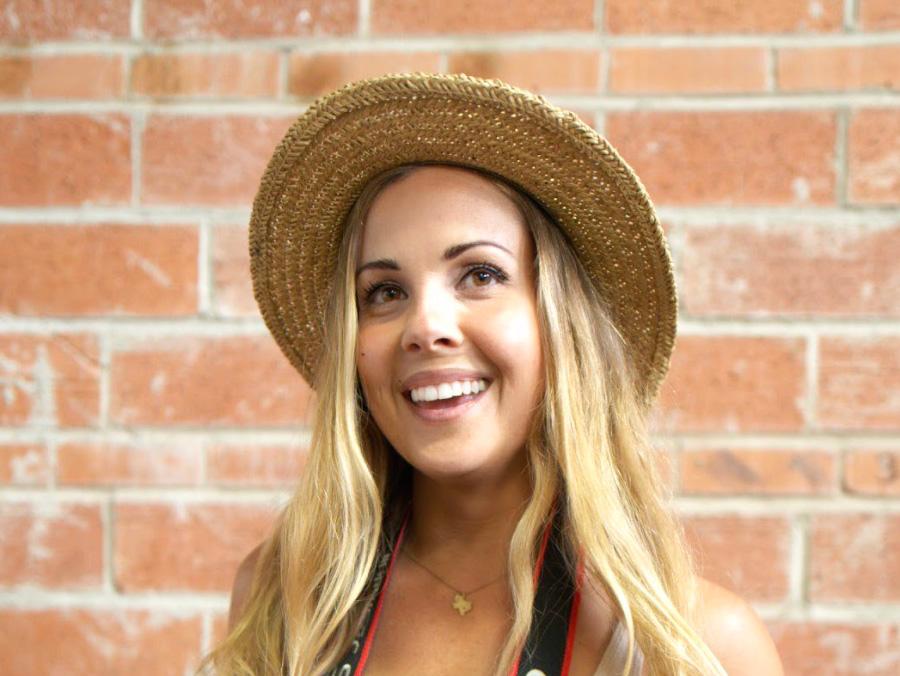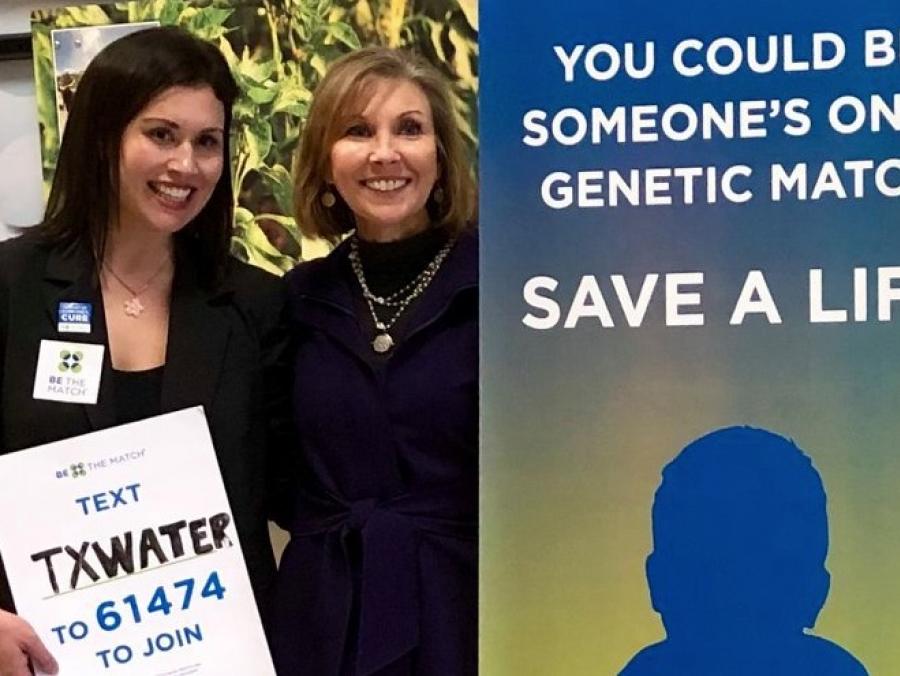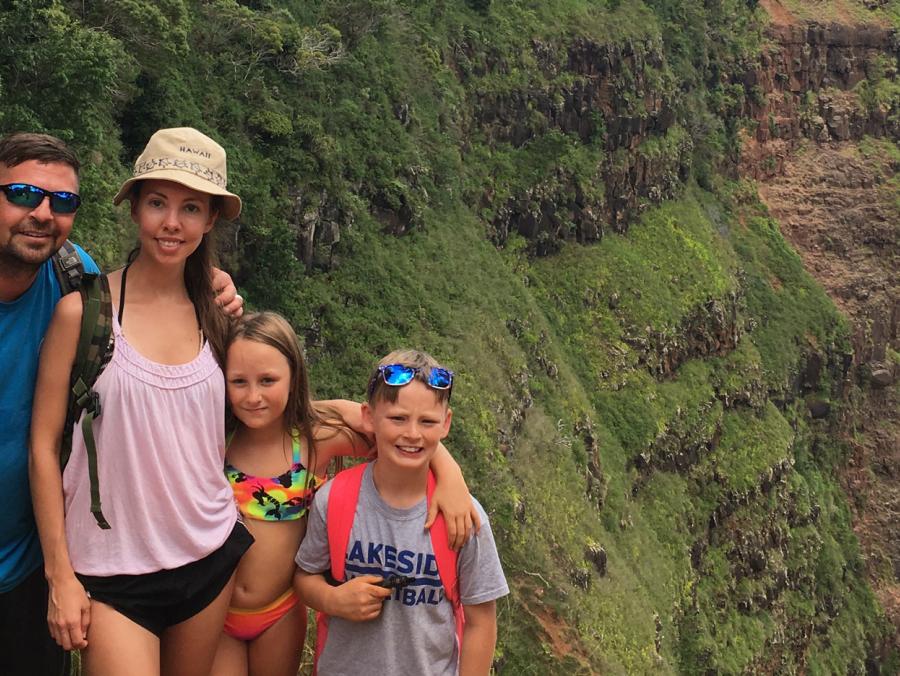hen Jennifer Rose Miller ('17) attended her first rally, only 10 other people showed up.
She was marching for Jordan Edwards, 15, a Black Balch Springs resident who was fatally shot in 2017 by a police officer while the car he was riding in was driving away from a party. She had just given birth to her son Xavier.
"What pushed me to get involved is I am a mother," Miller says. "When I saw those pictures of Jordan, he was just a kid. What if something similar happened to my child?"
Passing motorists honked their horns and raised their fists in support of the small crowd. And she made a realization.
"We're not the only ones," she says. "It's bigger than just me and my son. I want to create a better world and be in a position to be one of the many millions who can spark the change that needs to happen."
She kept going and hasn't stopped. The Mansfield resident and sociology graduate has since participated in about 15 marches and helped organize the North Texas Action Committee, which became the Dallas Alliance Against Racist and Political Repression. She uses the debate skills she honed throughout her schooling, including on UNT's debate team, when she speaks in public and for interviews.
Miller is one of many alumni whose backgrounds and personal beliefs have propelled them to fight for the rights of Blacks, the LGBTQ+ community, immigrants and other marginalized populations. Their activism took on a greater urgency this year when a video showed a Minneapolis police officer fatally choking George Floyd. The incident ignited one of the biggest social justice movements in history, from mass demonstrations around the world to a re-examination of systemic racism in U.S. institutions.
Members of the UNT community have played a role. The university has established programs serving BIPOC throughout its 130 years from its first class, which included Native American students, to its current status as a Minority-Serving and Hispanic-Serving Institution. Alumni continually rise to the occasion to promote acts of activism through their careers and volunteer work, from establishing national organizations to creating online support systems.
And they've continued to march -- even in the midst of the coronavirus pandemic.
When Miller organized a demonstration in Dallas after Floyd's death, she expected about 100 people. But 2,000 arrived.
"The world stopped for a lot of people, violently crashing down upon them in that 8 minute, 46 second video," she says. "The march was very overwhelming in a good way. It was so awesome to see so much support."
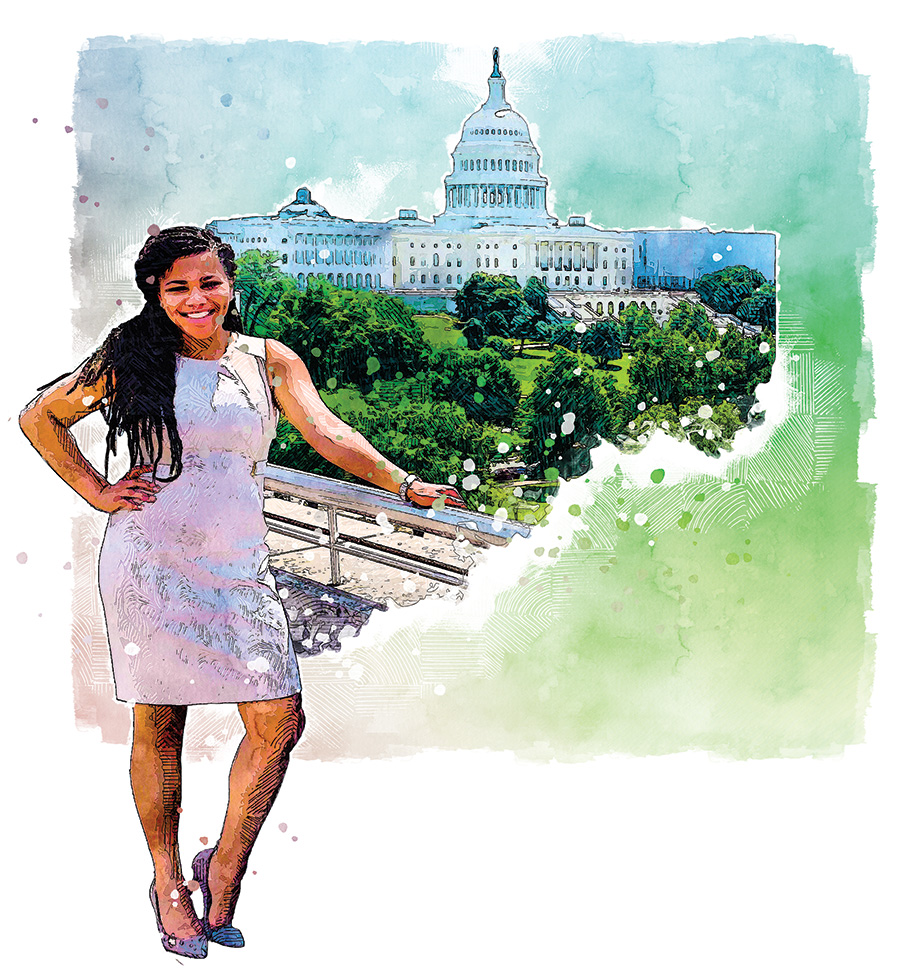
At UNT, racial justice began in its classrooms. The first students to integrate UNT were members of the Muscogee Creek Tribe in 1890. The first Black students were permitted to enroll in the 1950s, and our new HSI designation means that 25% of the university's enrollment today is Hispanic.
After Floyd's death, UNT held a Black Lives Matter town hall to address issues of concern to Black students. President Neal Smatresk walked with protestors at one of the Black Lives Matter marches around downtown Denton.
UNT's faculty members are researching the history of inequality -- such as Brenda Barrio, associate professor of special education, who studies how students and teachers are affected in the world of disabilities, and Marti Jones, assistant professor of psychology, who examines Black women's identity and mental health. And UNT, always on the cutting edge of innovative research, is working to establish the Center for Racial and Ethnic Equity in Health and Society, a group that aims to examine racial inequalities in health care.
UNT students learn about social justice through race and gender studies classes -- from anthropology to journalism -- and programs such as Alternative Service Break, which often gives them an opportunity to come face-to-face with civil rights history alongside their efforts to serve local communities across the country.
Those programs can expand students' perspectives. They did for Andrea Masamba ('17) in 2016, when she visited the Edmund Pettus Bridge in Selma, Alabama, on her spring break. Martin Luther King Jr., John Lewis and hundreds of others walked down that bridge to the state capitol in 1965 to demand fair voting rights. The police attacked the marchers in an event known as "Bloody Sunday."
"I felt so small, yet so powerful. I felt like a change-agent. I felt empowered and yet enraged," she says. "For so long, history -- specifically African American history -- was intangible to me, but I got to walk that history. I envisioned that reality. It was life-changing. And in turn, it empowered me to view the current racial climate in our country more clearly and advocate for a better future reality."
Now Masamba helps program and shape policy as a diversity and inclusion specialist at the Federal Reserve Bank in Dallas. She's always been a servant leader -- drawn by her faith as well as her personal history. Her parents were immigrants from the Democratic Republic of the Congo and Belgium who made their way to New York and eventually to Texas.
"I learned that life is bigger than me," she says. "It developed my desire for service."
Her education further strengthened her calling to help others. She was able to think about race and its influence on society as a freshman when she took Introduction to Race and Ethnic Studies taught by Mariela Nuñez-Janes, associate professor in UNT's Department of Anthropology.
During that Alternative Service Break of civil rights landmarks in 2016, she also stood on a city fountain in downtown Montgomery, Alabama, that is believed to be a former slave market. Other activities at UNT -- such as an additional trip to Little Rock, Arkansas to serve a homeless shelter; a study abroad trip on human trafficking in Romania; and LeaderShape and NT40 -- also honed her service skills.
After graduating with a strategic communications degree, Masamba performed a year of AmeriCorps service in Boston, which inspired her to pursue a Master of Public Administration degree from UNT, an accomplishment she hopes to finish in 2021. As part of her studies, she traveled to Washington, D.C., where she attended congressional hearings and visited the Department of Labor and the Supreme Court. She also pursued an internship in diversity and inclusion at the Federal Reserve Bank.
Since landing a full-time position there as a diversity and inclusion specialist, Masamba has supported the establishment of six employee resource groups and continually meets the bank's needs to support its diversity and inclusion strategy. She also supports the agency's efforts to create diversity in economics, workplace, leadership, community and its suppliers. After the coronavirus hit, she coordinated a briefing and discussion for the Diversity and Inclusion Council and Asian employee resource group on the "Anti-Asian bias" after Asian Americans and Asians had to endure racist acts.
"UNT introduced me to a range of people," she says, "and made me a leader and challenged me to understand the greater depths of my racial identity."
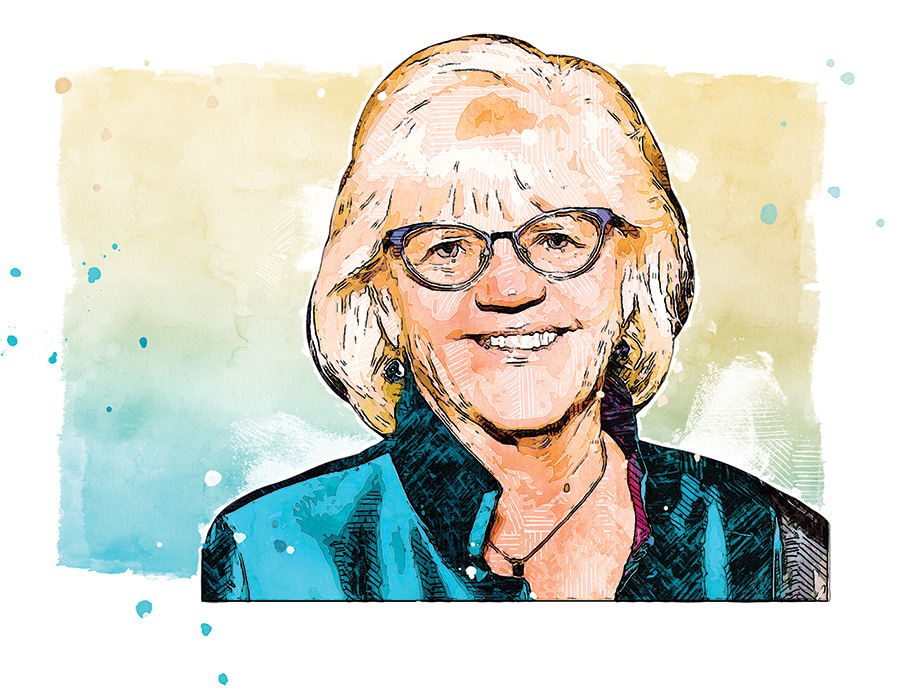
For Selisse Berry ('79), a personal setback led to a lifetime of activism. She attended seminary from 1987 to 1991, but couldn't be ordained because she was gay.
"I found myself initially with just a lot of anger and a lot of passion that we should be able to follow our career path regardless of who we love," Berry says.
This inspired her to found Out & Equal in 1996, which would become the premier organization that advocates for LGBTQ+ rights in the workplace, partnering with multinational companies and government organizations. Berry is now retired and serves as a consultant for corporations.
Berry always had social justice in her blood -- influenced by her involvement in her church and her father's profession as a university administrator. Berry, who went by her first name Karen when she was at North Texas, earned a degree in counseling, then taught school and worked as a guidance counselor in Texas and traveled around Europe.
When she couldn't get ordained, she knew she had to effect change. She would go door to door to companies, asking if they needed guidance to help their LGBTQ+ employees. She frequently received a similar response: "Don't worry, we don't have those people here."
And she responded, "No, you do. You need to have some policies in place for them to feel comfortable coming out."
As head of Out & Equal, she helped companies implement domestic partner benefits and led diversity training as the organization steadily grew. Its annual Workplace Summit has grown from 200 people in its first year to more than 5,000 participants from around the world.
During these summits, a participant will come up to Berry in the hallway and tell her, "I've never been out at work until an Out & Equal summit. My life has definitely changed for the better."
"The summit is one of my biggest accomplishments," she says. "It's life changing for people."

Matt Rivas ('17) helps people through the internet, a format he's comfortable with. When he came out as a high school student, he made a video on YouTube. He had built an online community composed of a small group of family and friends. Today, it's where he conducts his activism.
"I want to be that support system for other people," he says.
For his paid job, he works for NBC Universal, creating digital content across their social media platforms. He also creates graphics and social media posts for Project Contrast, a nonprofit organization that helps LGBTQ+ youth.
"Everyone has their own lane," he says. "Mine is working in digital."
Throughout college, Rivas made and edited YouTube videos featuring comedy sketches. He also worked on North Texas Television, hosting the Late Night Show and producing other shows.
After college, he moved to Los Angeles and worked with Chappy, a dating app for gay men. Rivas also volunteered with the Human Rights Campaign, an LGBTQ+ rights organization, even conducting red carpet interviews with Elton John and Christina Aguilera.
But it's the conversations he has with the teenagers -- some of whom have been cast out from their homes -- that reaffirms his commitment.
"Learning how some of them were kicked out and disowned at such a young and vulnerable age, having to learn how to be an adult at the age of 13, and in the city of Los Angeles, which I always thought to be a very inclusive and open-minded city," he says, "it reassured me that there is a lot of work that still needs to be done."
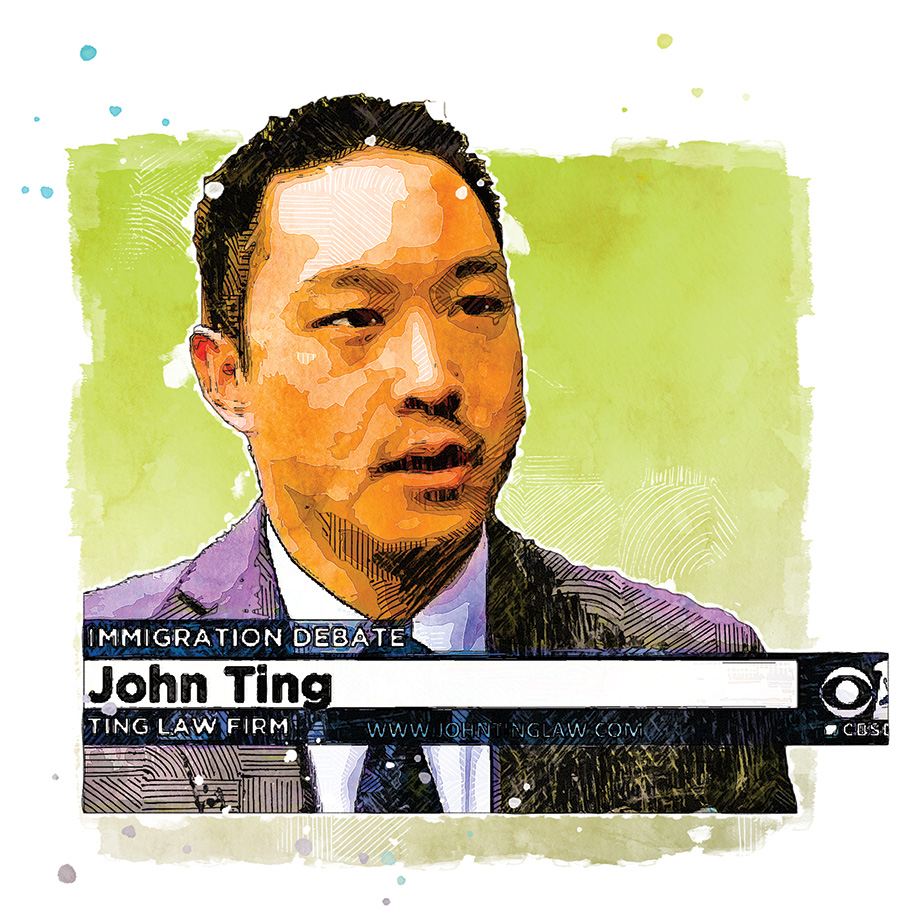
For John Ting ('06), his life was changed on a volunteer trip in Vietnam. He holds a distinct image of children swarming to him and the other volunteers and "seeing the hope in their eyes that we were there."
He was there as part of the Southeast Asian Leadership Network to help create curriculum for high school students so they could teach in the city's orphanages.
It inspired him to become a lawyer. Ting, a child of immigrants from Taiwan who grew up in Plano, now practices immigration law in Houston.
"I think the hope is what continues to drive me -- the hope to get them to the next page of their life," he says.
After graduating from UNT with a degree in international studies with a concentration in business, he worked for a logistics company for a few months before he went on that volunteer trip and then earned his Juris Doctor degree at City University of New York School of Law. He moved back to Texas to start his own law firm, representing immigrants seeking a legal pathway to live in America.
Early in Ting's career, he accepted a pro bono case to represent a domestic abuse survivor who felt stuck in an abusive marriage. Even though there was no police report, with Ting's representation, she is now a permanent resident and a divorcee after they gathered evidence through extensive investigation and prepared witnesses for the trial in what appeared to be an uphill battle. This year, he faced another challenge. Two teenagers fled their Central American home from danger to eventually meet their relatives in Houston. They were sent to a detention center in Texas, then moved to a social services agency in New York over 1,600 miles from their family. It took six months, but he was able to reunite the family.
As a volunteer for the North Texas Dream Team, Ting also has reviewed DACA applications for those that would otherwise not be able to afford legal services. DACA allowed "dreamers" an opportunity to work legally so students can stay in the U.S. while also paying taxes. He currently serves on the board of Daya, a domestic violence survivor agency in Houston. Because of the recent multitude of police shootings, Ting created a YouTube channel as a platform to interview stakeholders who have been able to contribute positively in the march for social justice. He also shares legal tips on his law firm's YouTube channel. Over the years, he has been able to draw on his student experiences as a member of the Delta Sigma Phi fraternity and the Asian Students Association.
"I am grateful for UNT and political science courses because it gave me an in-depth perspective on history that is not normally shared in mainstream media," he says. "I gained leadership experience that is priceless for operating a business and advising on boards for the purpose of making a difference."
The work can get tough, especially with immigration rules and policies changing nearly every week. But he remembers he's there to help people.
"That's the reason I went to law school," he says.

Aicha Davis ('12 M.Ed.) was thinking about the teenagers in her science classes as she toured the Smithsonian's National Museum of African American History and Culture in 2017. Davis, who then taught physics and chemistry, knew that the Washington, D.C., museum's depictions of the Black experience in America could be incorporated in every class.
"There was so much I didn't even know," she says.
That visit propelled Davis, who is studying for her doctorate in educational policy and leadership at UNT, to spearhead the passage of the Black studies curriculum earlier this year as a member of the Texas State Board of Education.
With the course, students will learn about untold parts of history -- such as the Sugar Land 95, the group of Black men who built a plantation as part of a convict labor leasing program after slavery was abolished and were buried on that land. The curriculum goes through the education of Blacks, from the Freedmen's schools where children of freed slaves learned to read to Historically Black Colleges and Universities, to the schools-to-prison pipeline that occurs in the present day.
"It ties in everything," Davis says. "We've come so far and we have so far to go."
Davis' own education at UNT inspired her to run for the State Board after she learned how state and federal laws affected teachers and students. And she applied the lessons she learned from a curriculum development course from Colleen Eddy, associate professor of teacher education and administration. Eddy emphasized curriculum should offer rich information, a timeline and community support. Her dissertation chair, Barbara Pazey, taught her the value of social justice and policy research. And she credits department chair Misty Sailors for emphasizing the value of critical language within the course, such as the use of "enslaved people" rather than "slaves" and "minoritized students" rather than "minorities." When the board passed the course unanimously, Davis began crying.
Like her fellow alumni, her work to bring social justice could have impact for years to come.
"We want students to look at aspects of their history and past," Davis says. "We want them to have more information and knowledge. We want them to be advocates. We want them to fight for themselves and for the generations that come after them."
Creative Changemakers
Whether through art or legislation, members of the UNT community are using their passion and ingenuity to bring about social justice:
Pulitzer Prize-winning journalist Leona Allen ('86) oversees diversity and inclusion initiatives as the new deputy publisher for The Dallas Morning News.
In downtown Fort Worth, artist Letitia Huckaby ('10 M.F.A.) helped paint the mural "End Racism Now" on its streets with her husband, Sedrick Huckaby.
Longtime Denton leader in civil rights Willie Hudspeth ('90, '93 M.Ed.) called for the removal of the statue of the Confederate soldier at Denton's downtown square for 20 years. The statue came down this summer.
As COVID led to racist attacks against Asian Americans, New York-based psychiatrist and psychotherapist Teresa Lee ('07 TAMS), helped establish an online support group for Asian American therapists and trainees.
Taylor Lymbery ('04) started a change.org petition that encouraged Mattel to include Black action figures in their Masters of the Universe He-Man toyline.
Senior political science and communications student Yolian Ogbu, former president of UNT's Student Government Association, was named #ILookLikeAPolitican National Ambassador by Running Start, which trains young women to run for public office.
UNT multicultural coordinator Enedelia Sauceda ('04) is a psychologist and diversity trainer who serves on the board of PRIDENTON and OUTreach Denton. As a mental health advocate, educator and liasion with UNT's Multicultural Center and Pride Alliance, she works with Latinx and LGBTQ+ students.
Tenor Martin Luther Clark ('15) sang composer Samuel K. Sweet's ('18, '20 M.M.) "A Just Soliloquy," that combined one of Sweet's poems with Langston Hughes' "Dream Variations." The piece, which was performed at a virtual concert presented by current and alumni members of the Ryan Opera Center Ensemble at the Lyric Opera of Chicago, "linked Black activism of two eras, both delivered stirringly by Clark," said The Chicago Tribune.
Several College of Visual Arts and Design alumni -- led by Mariah Tyler ('14), Melissa Brito ('15) and Jake Dockins ('20) -- organized the North Texas Artist Auction with proceeds benefiting social justice and COVID organizations.
Read more about these changemakers.
Health Disparities Research
Some people fight inequality on the streets. Others gather data. UNT faculty members are conducting research and creating policy initiatives to combat disparities in health care.
More than 30 researchers from a wide range of fields -- from anthropology and art history to business and journalism -- have established the UNT Center for Racial and Ethnic Equity in Health and Society (CREEHS), initiated by Chandra Carey, department chairwoman and professor of rehabilitation and health services, and Tony Carey, associate professor of political science.
Through federal- and state-funded grants, faculty are researching the educational, economic, environmental and social determinants of health to enhance the quality of life for underserved populations across Texas. UNT will seek additional funding from the Texas Legislature to help support the center that will provide a platform, such as policy reports, in creating legislation.
It couldn't be timelier. The coronavirus pandemic has disproportionately affected people of color. In the U.S., Blacks have died at 3.7 times the rate of whites. Indigenous people at 3.5 times the rate and Latinos at 2.5 times the rate, according to the APM Research Lab. Other inequalities also exist. Black women are more likely to die while giving birth at three times the rate of white women. Black women also die from breast cancer at a 40% higher rate than white women.
"CREEHS is committed to seeking solutions to stimulate movement toward health equity," Chandra Carey says, "We believe UNT is perfectly poised to lead the state in these areas and we earnestly would like to see UNT leverage its unique capacity to help achieve equity in Texas and to be a model for institutions across the nation."
William Scarborough, assistant professor of sociology, has studied racial inequality in Chicago and how the pandemic has put more pressure on working mothers than fathers. He notes the pandemic and Black Lives Matter movement have put the issue of health disparities in the spotlight.
"That's why we, in academia, play such an important role," he says. "We provide the evidence to help make change."



